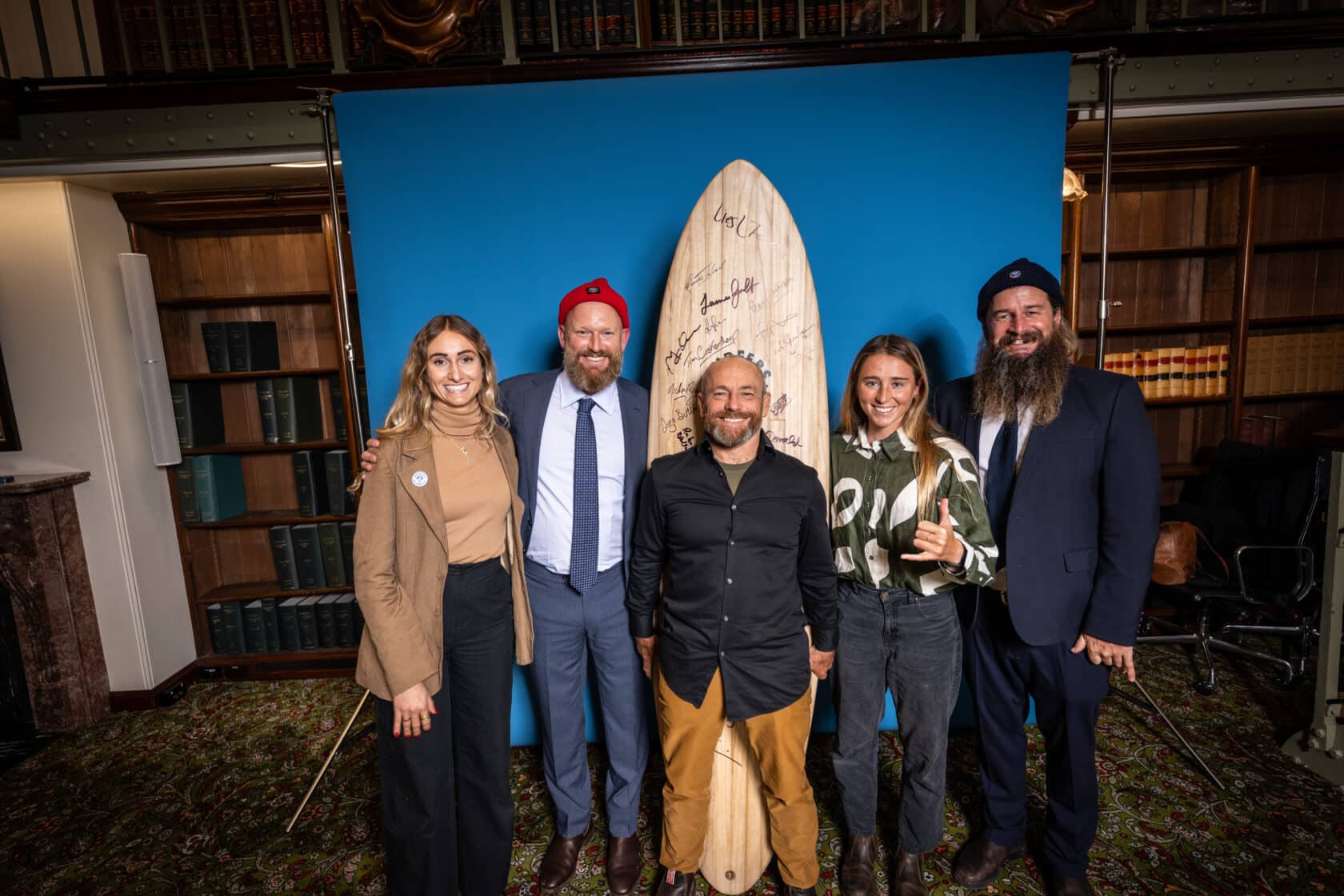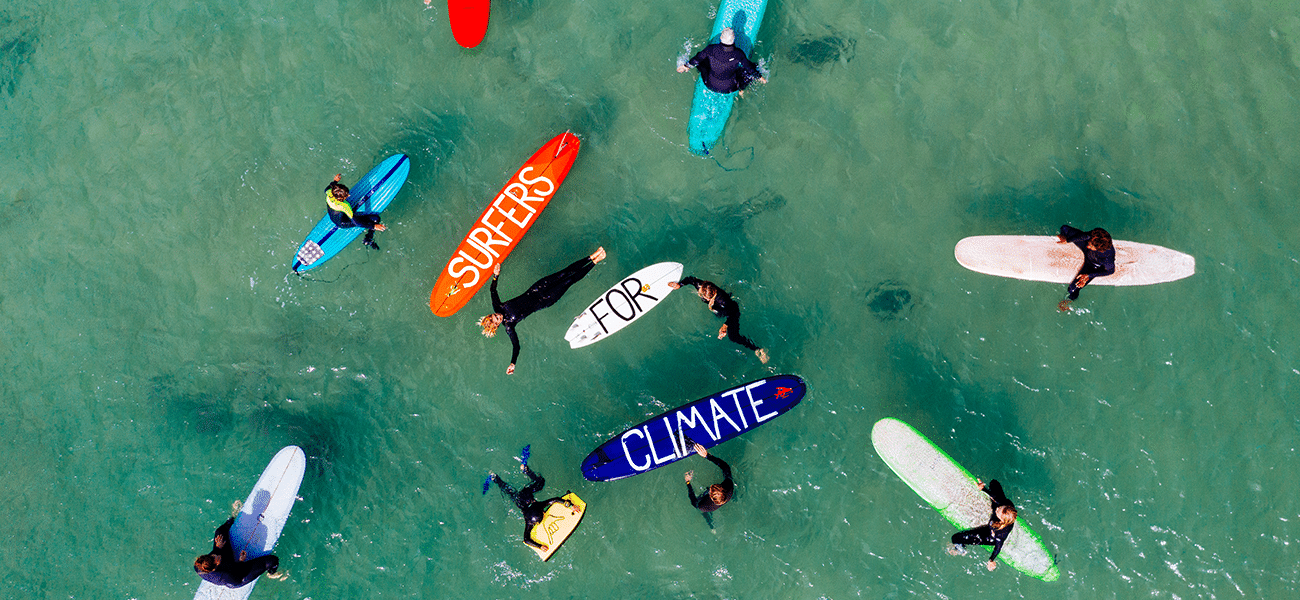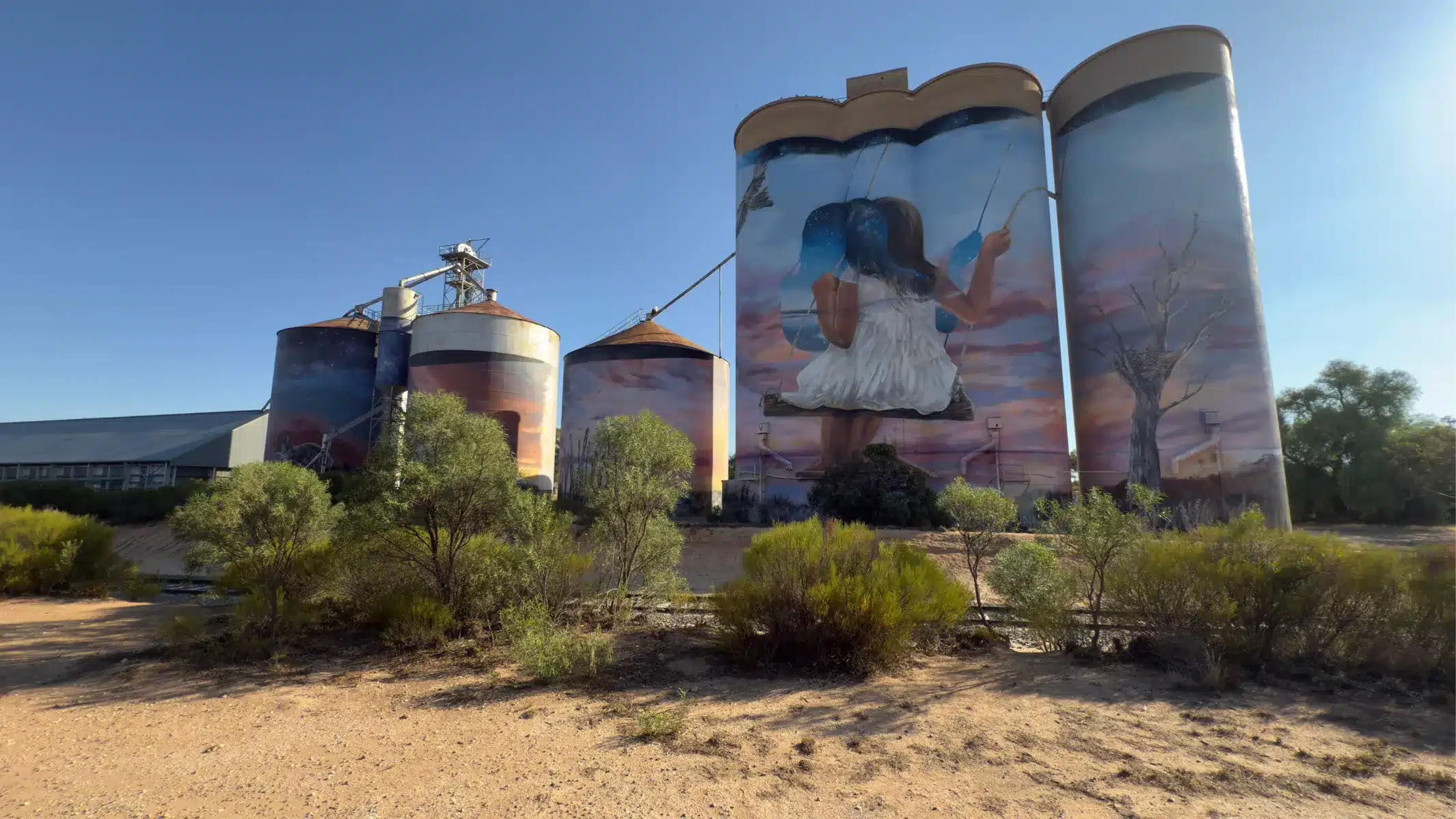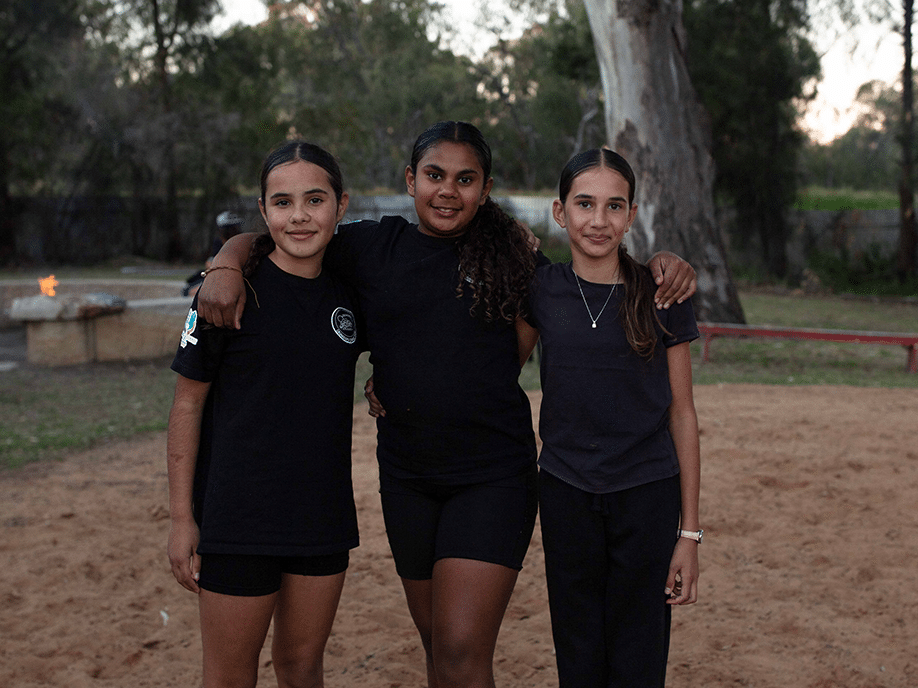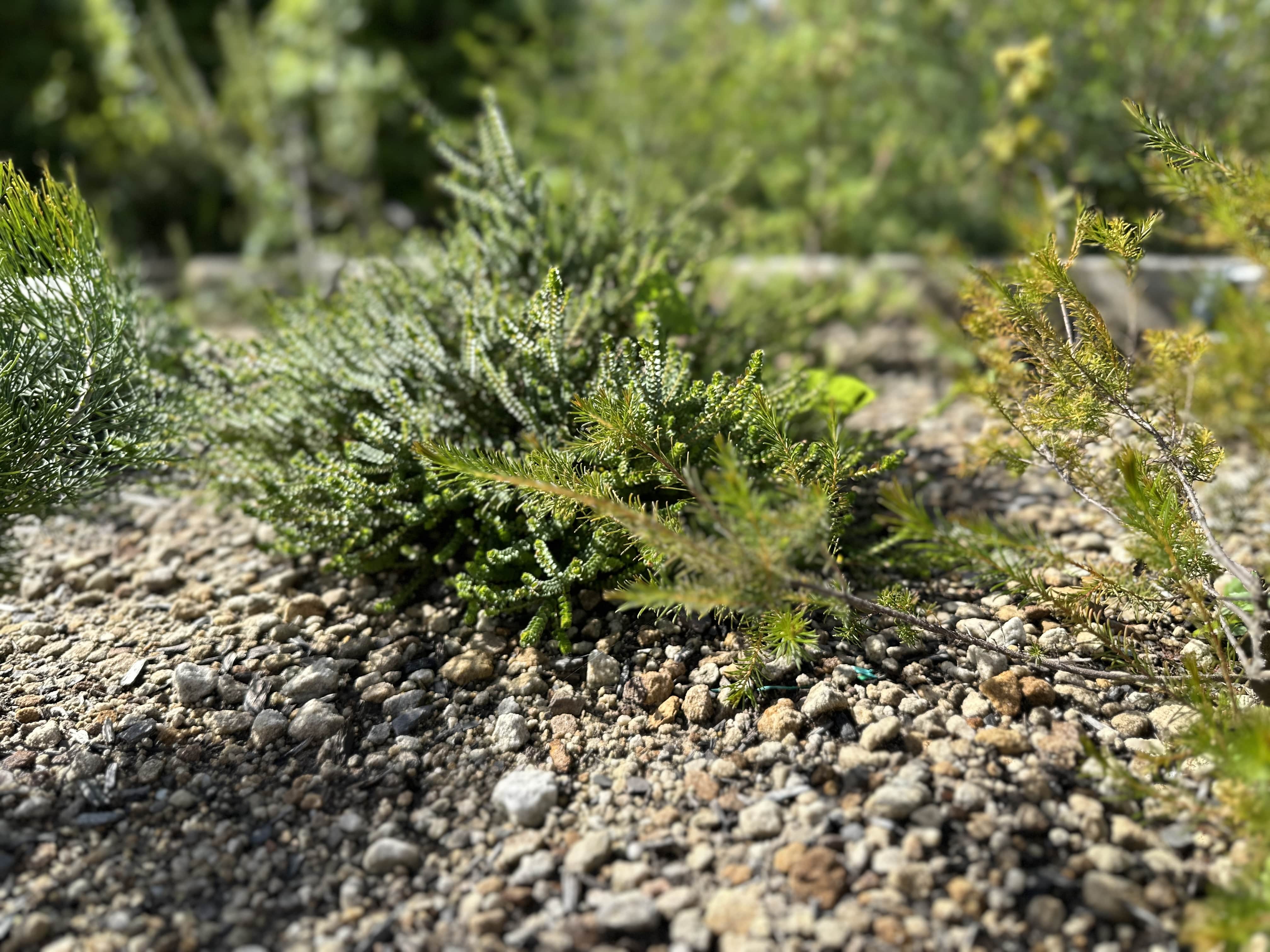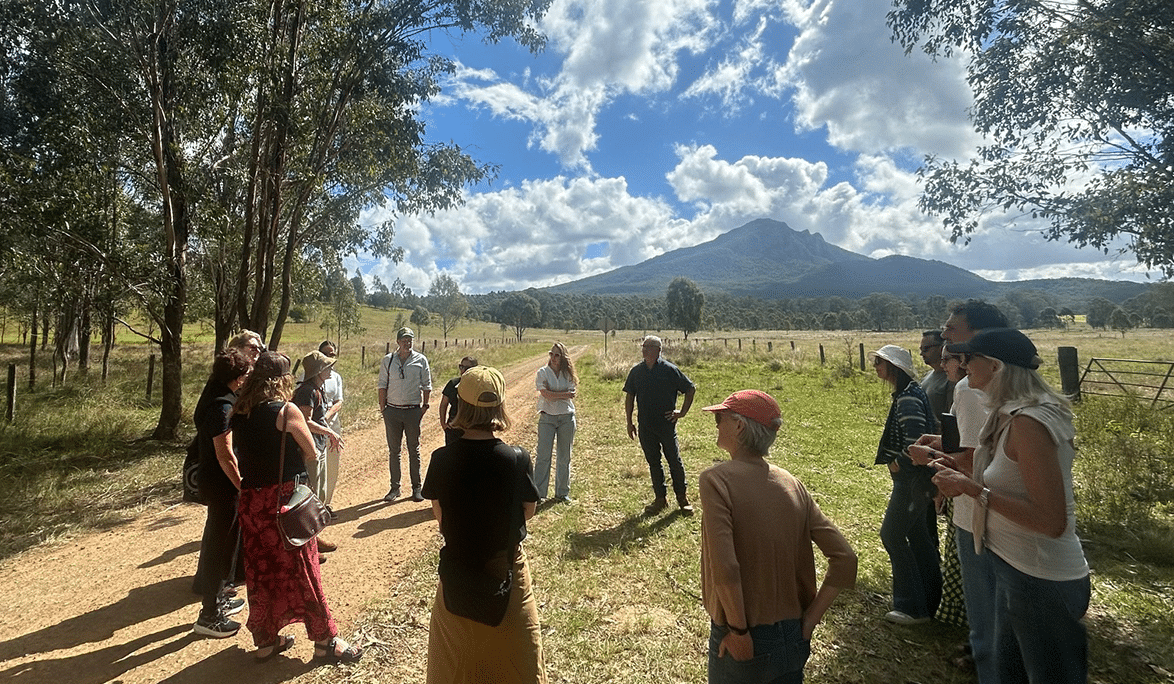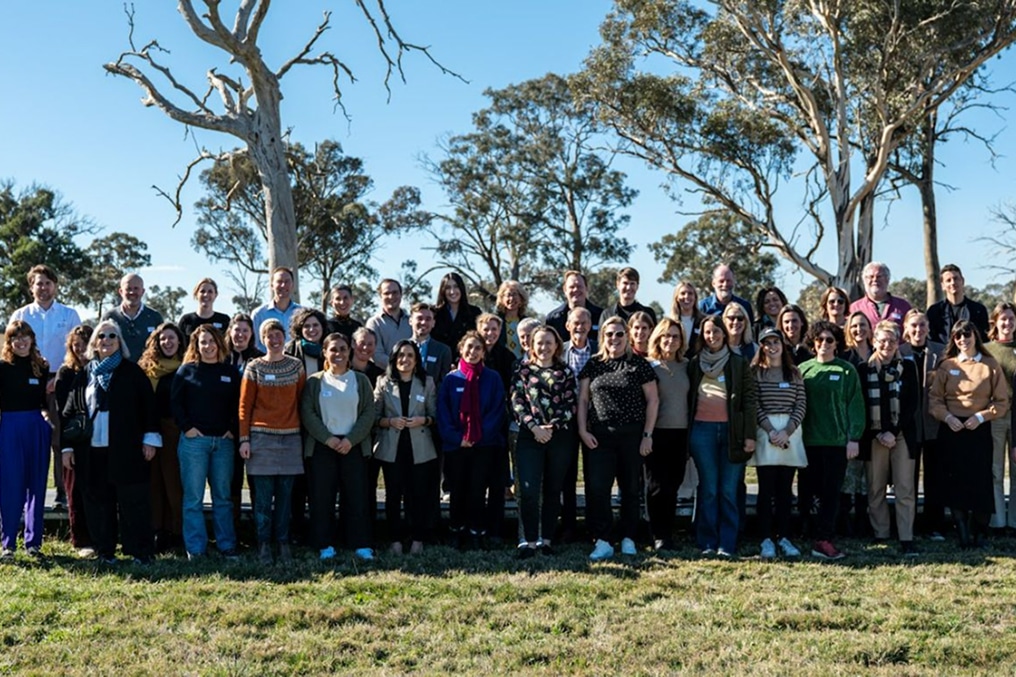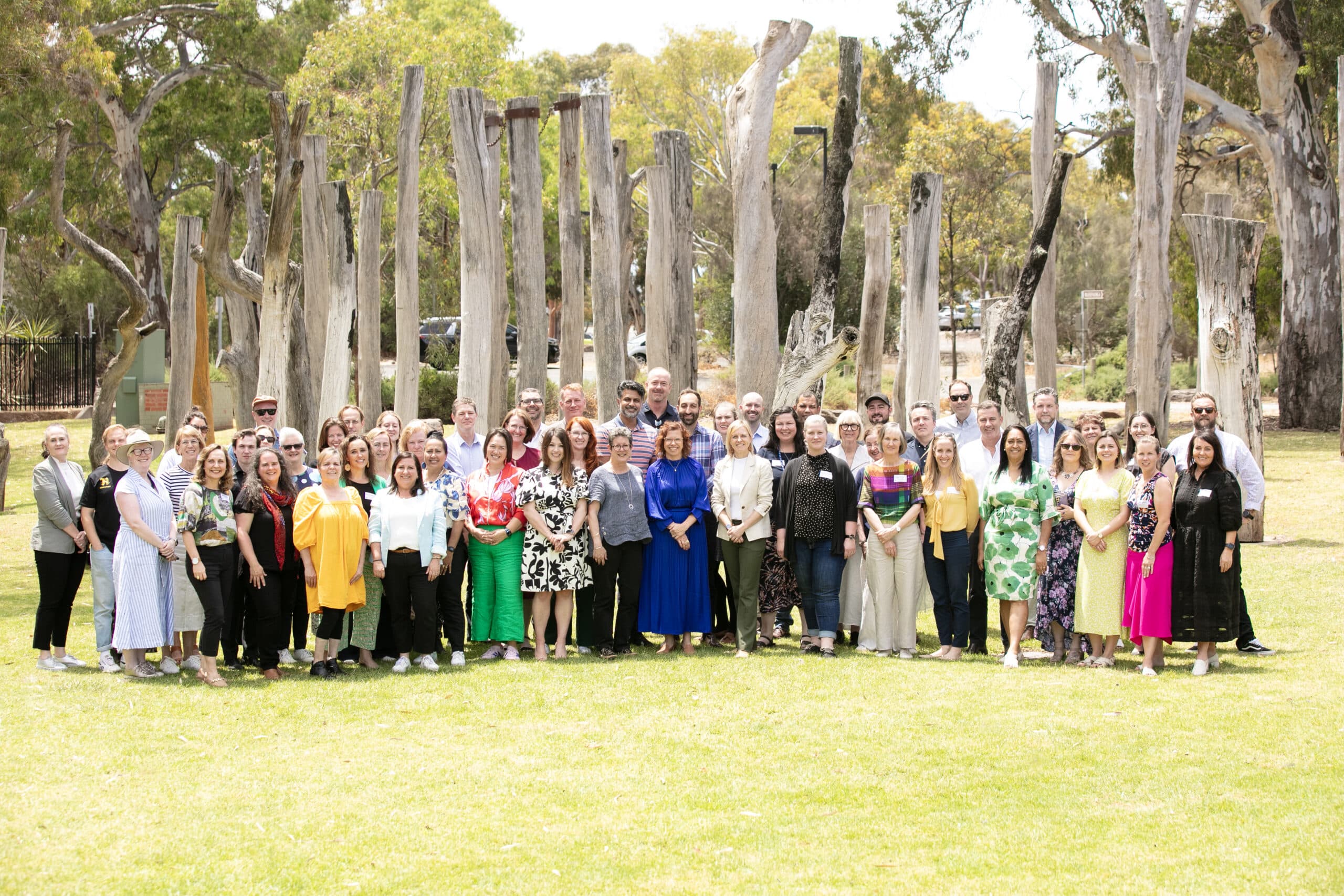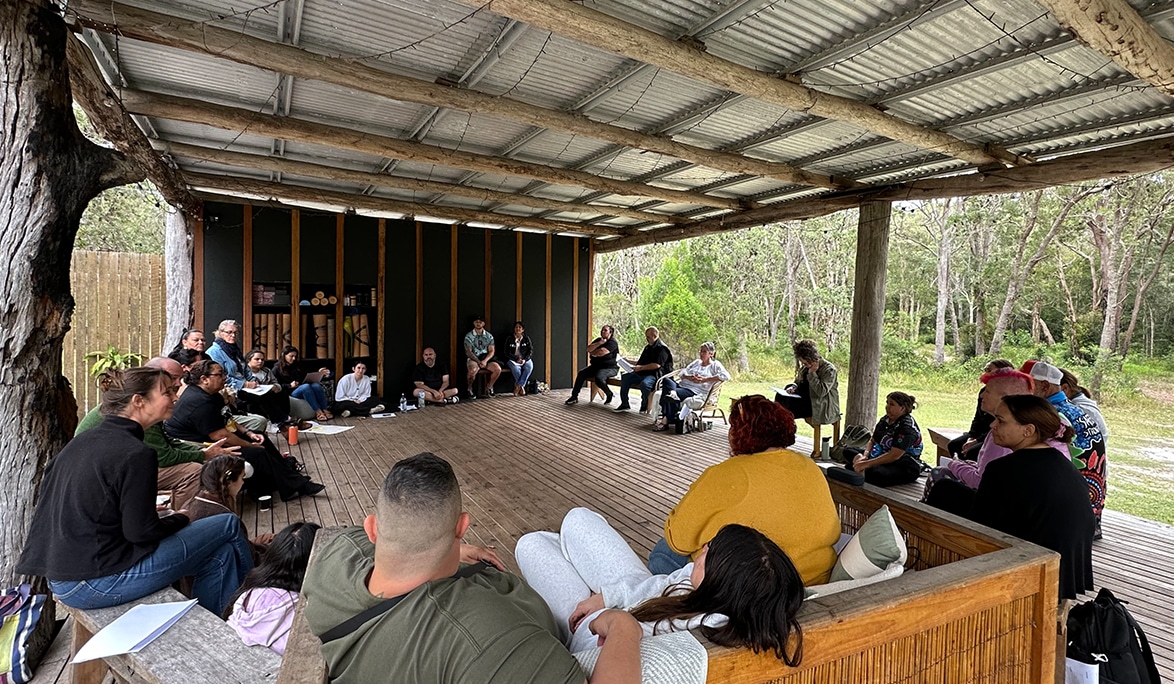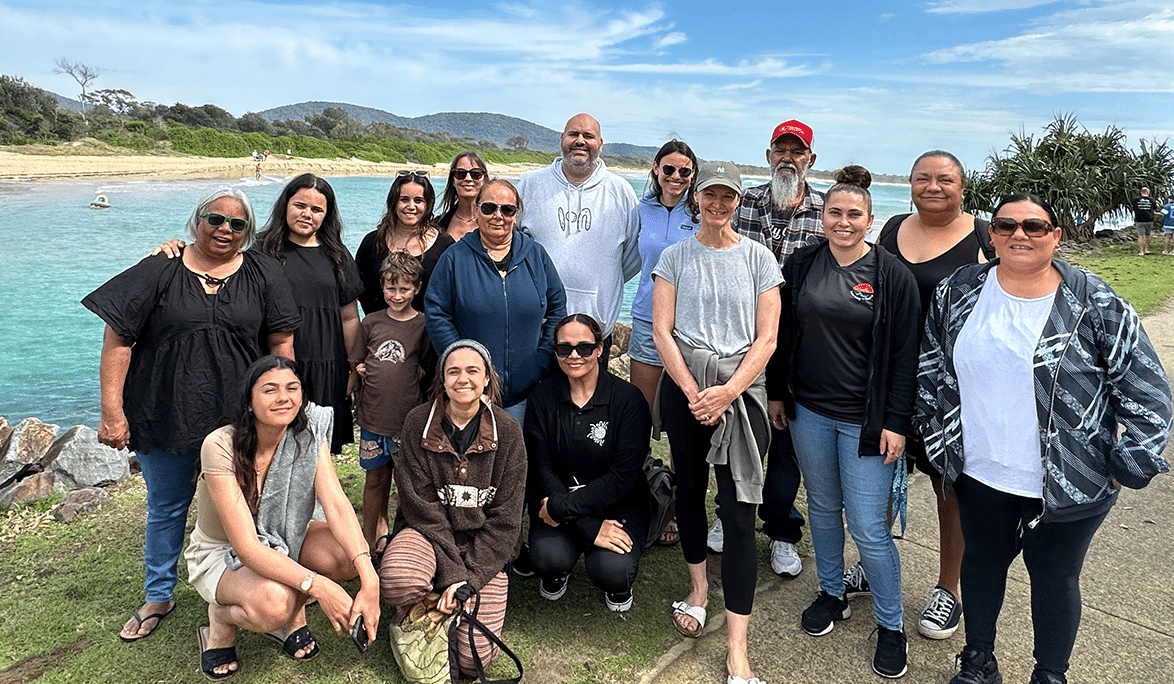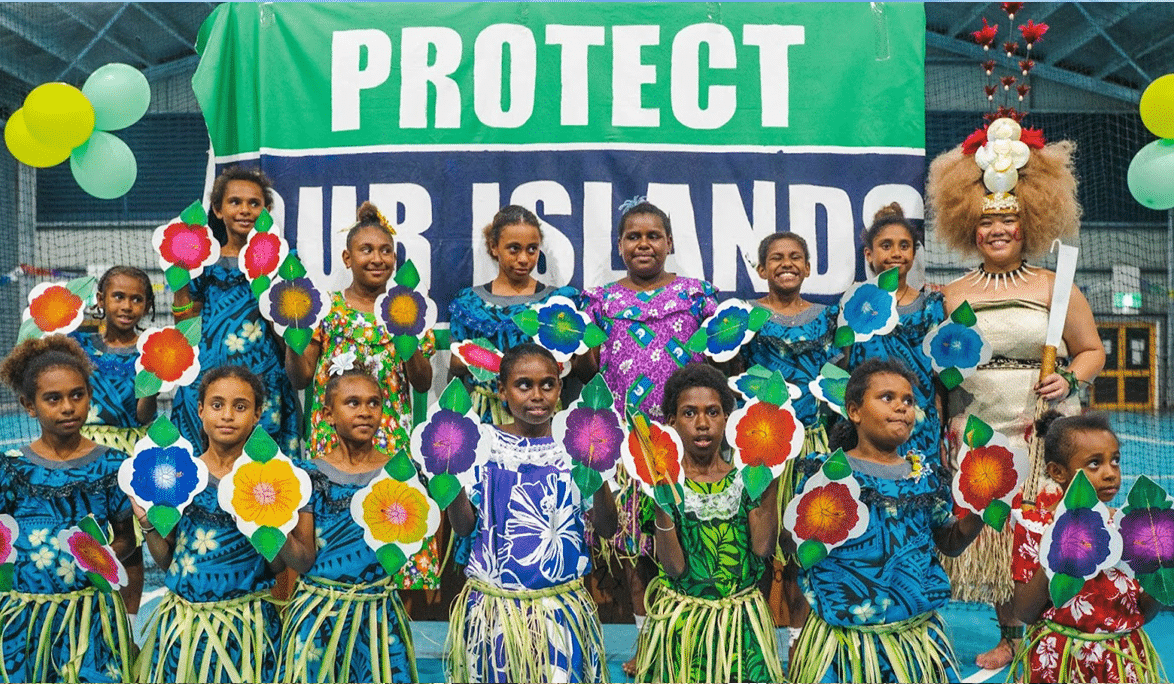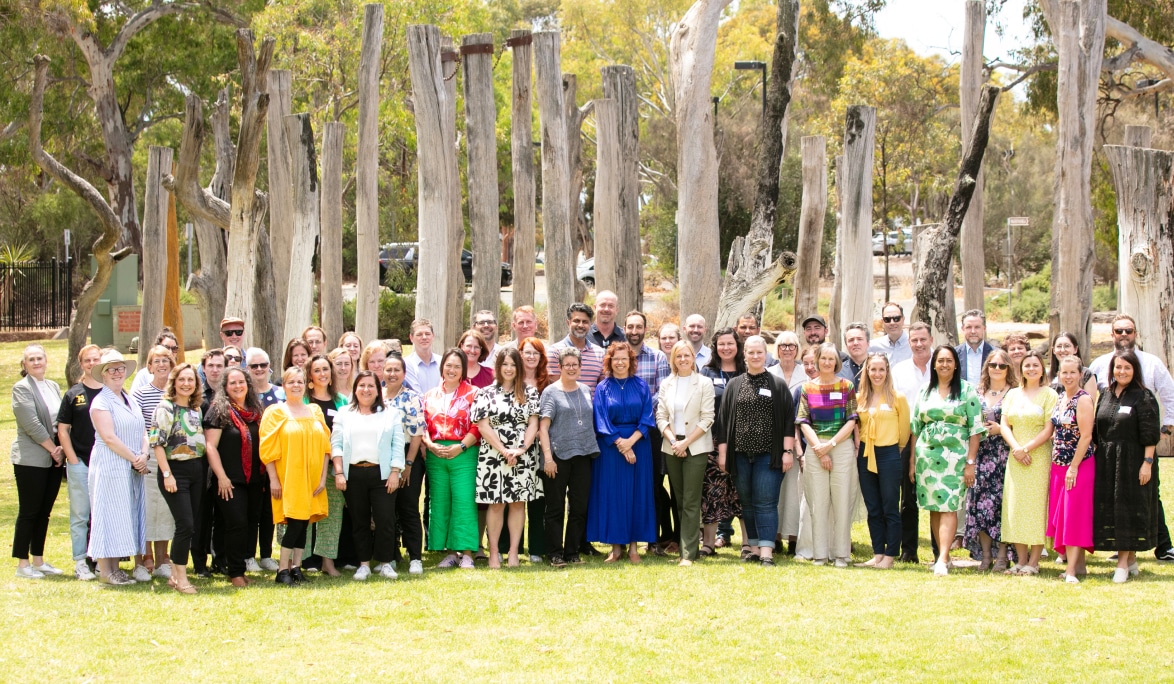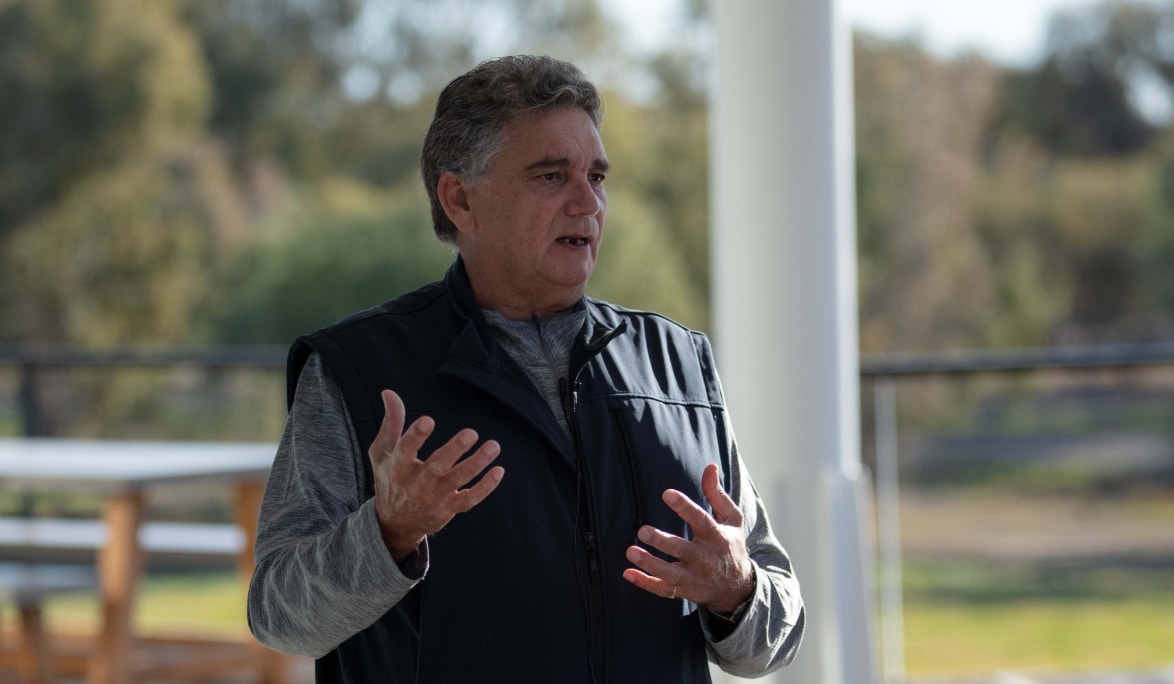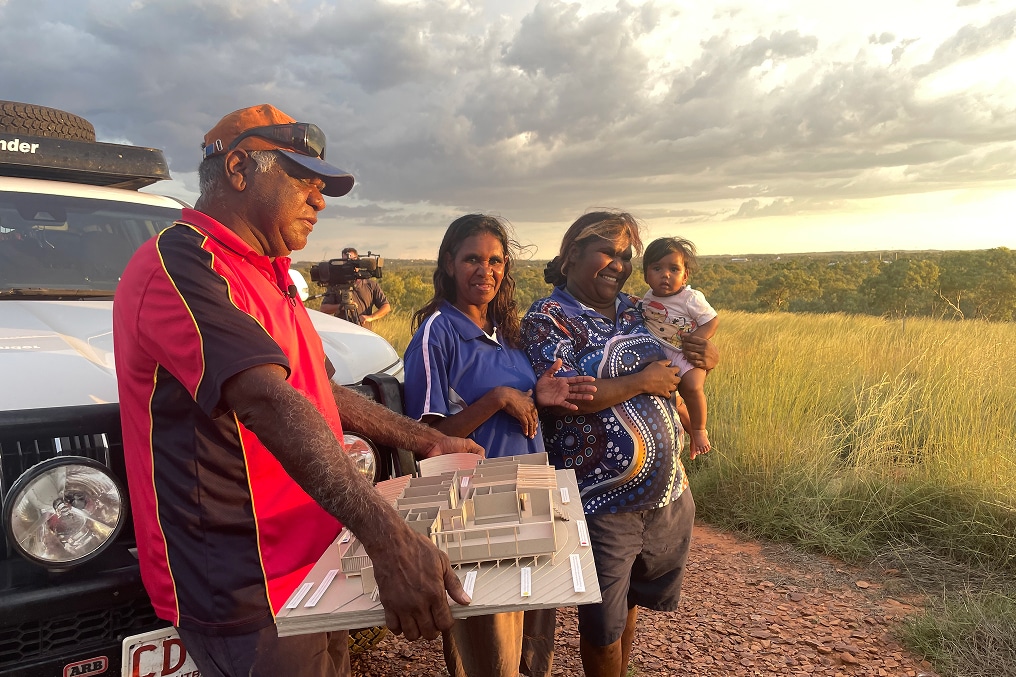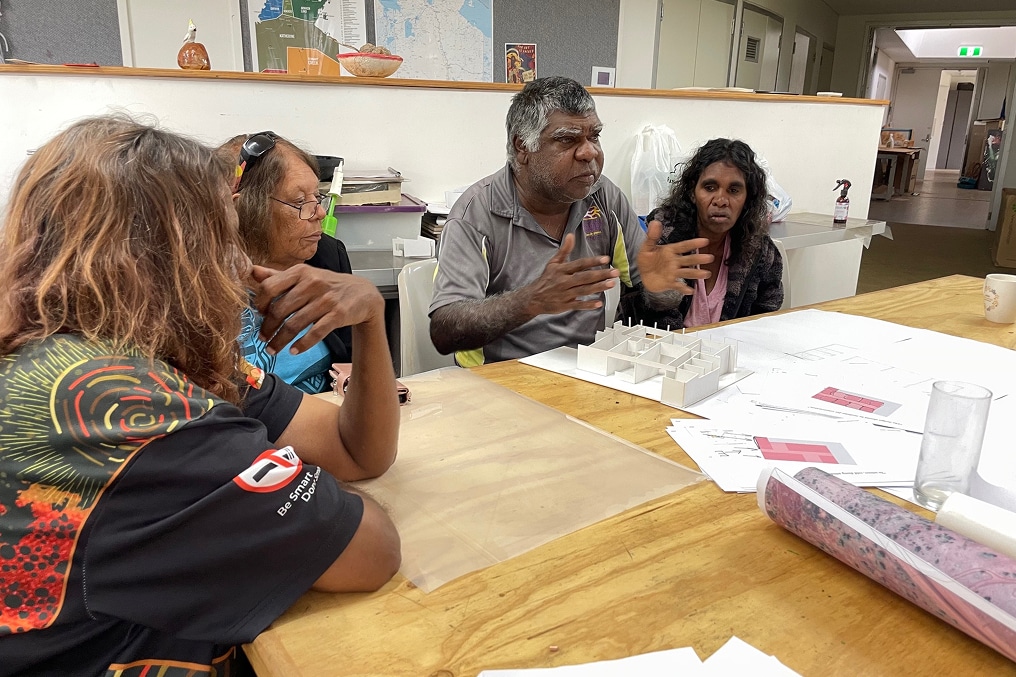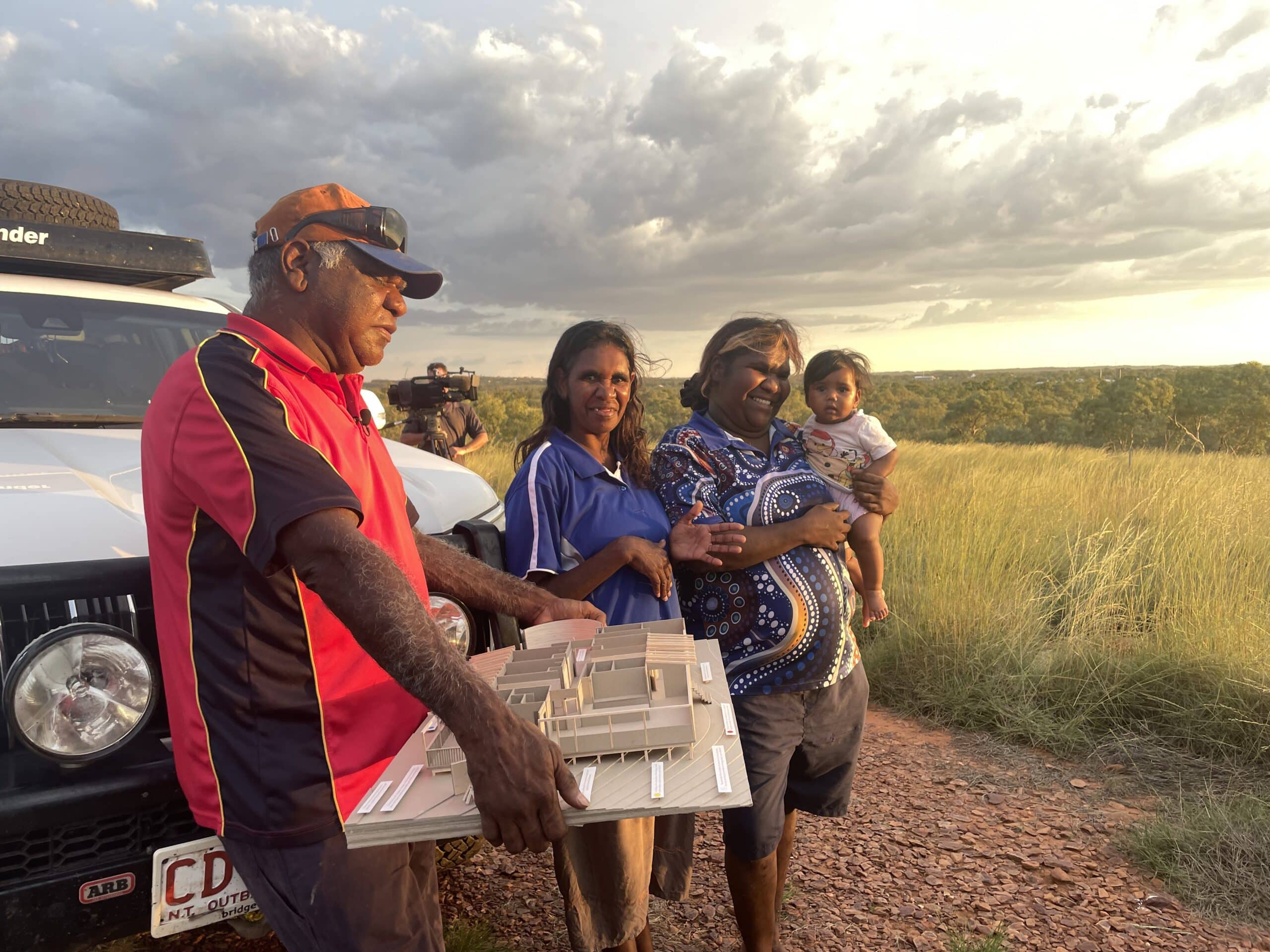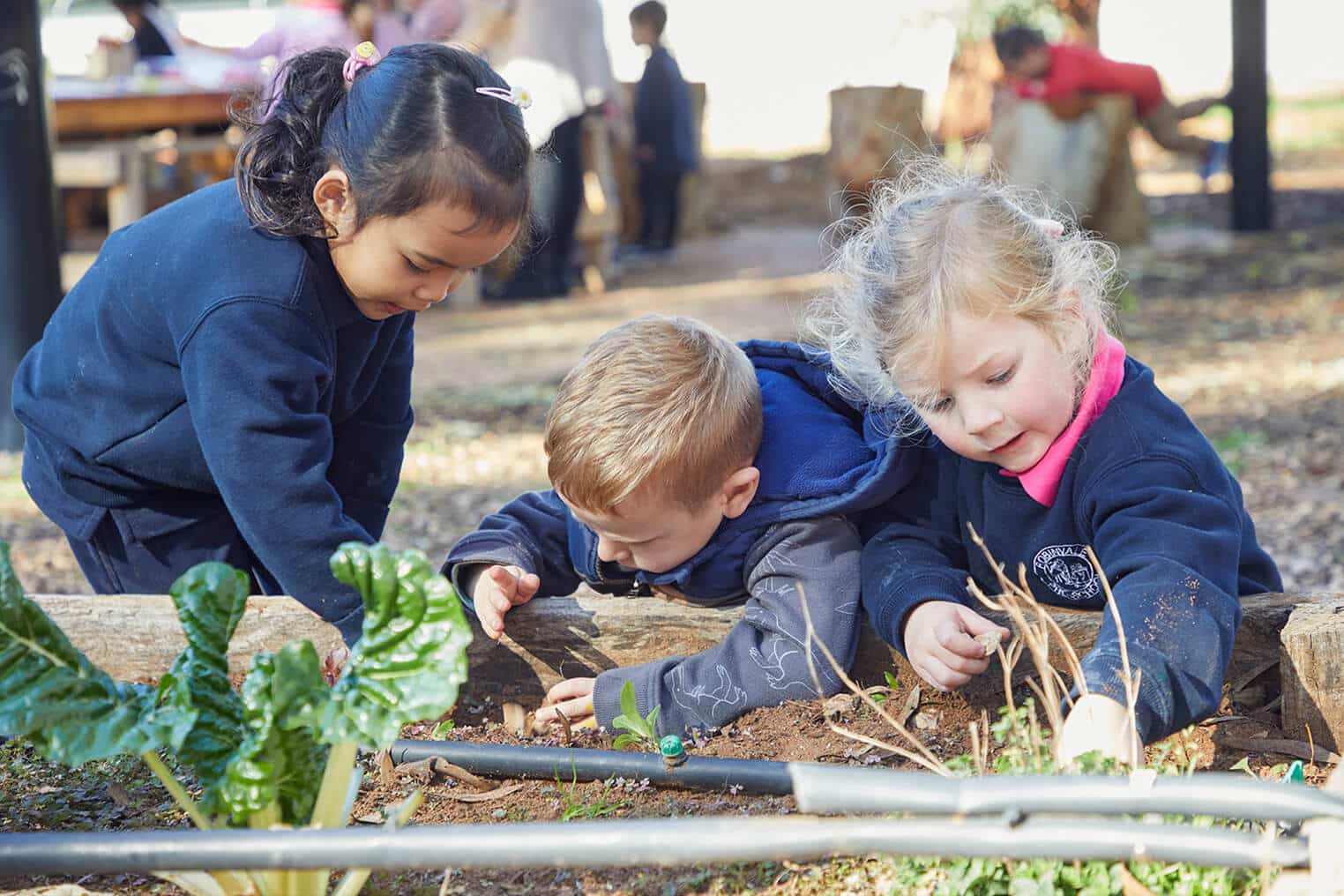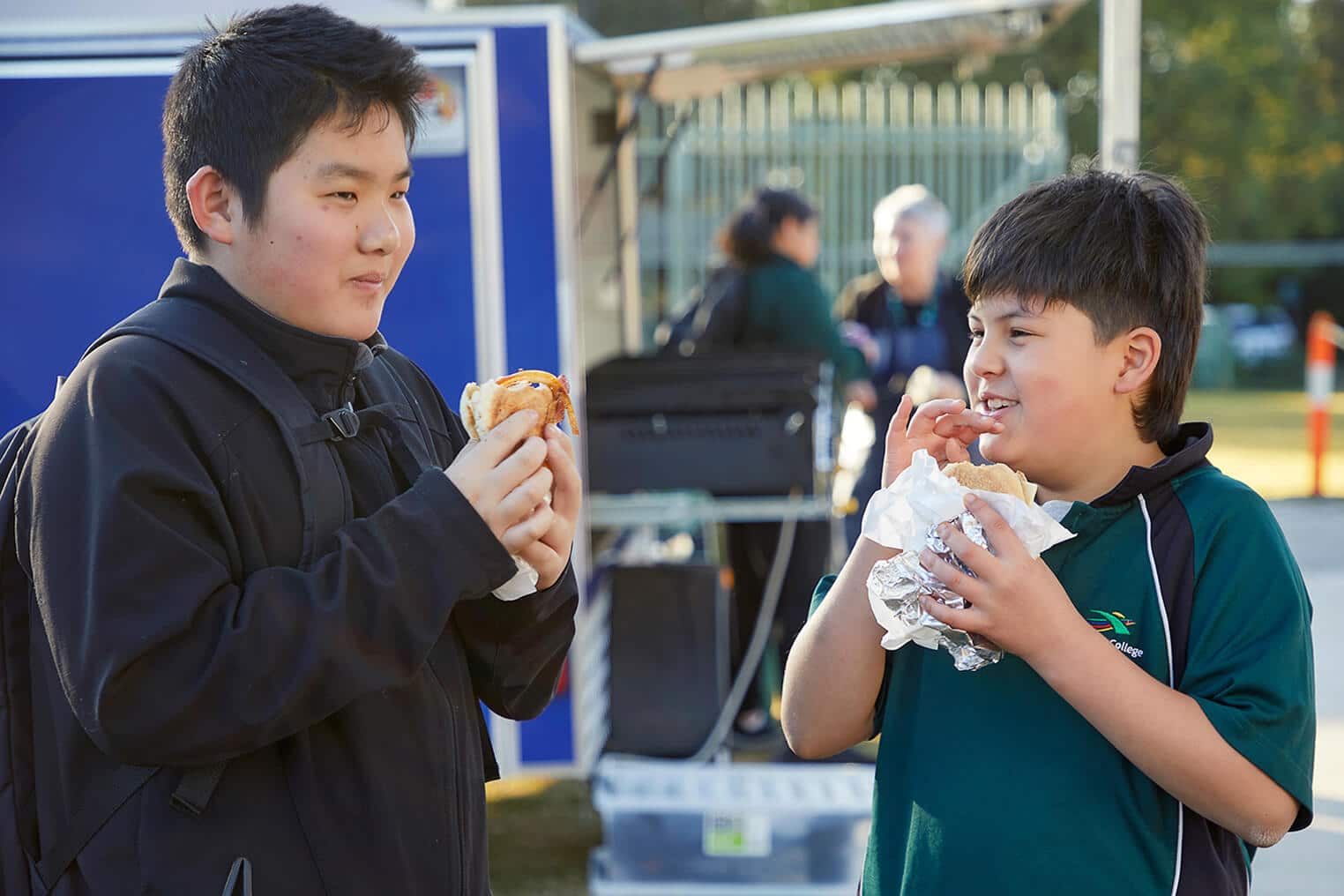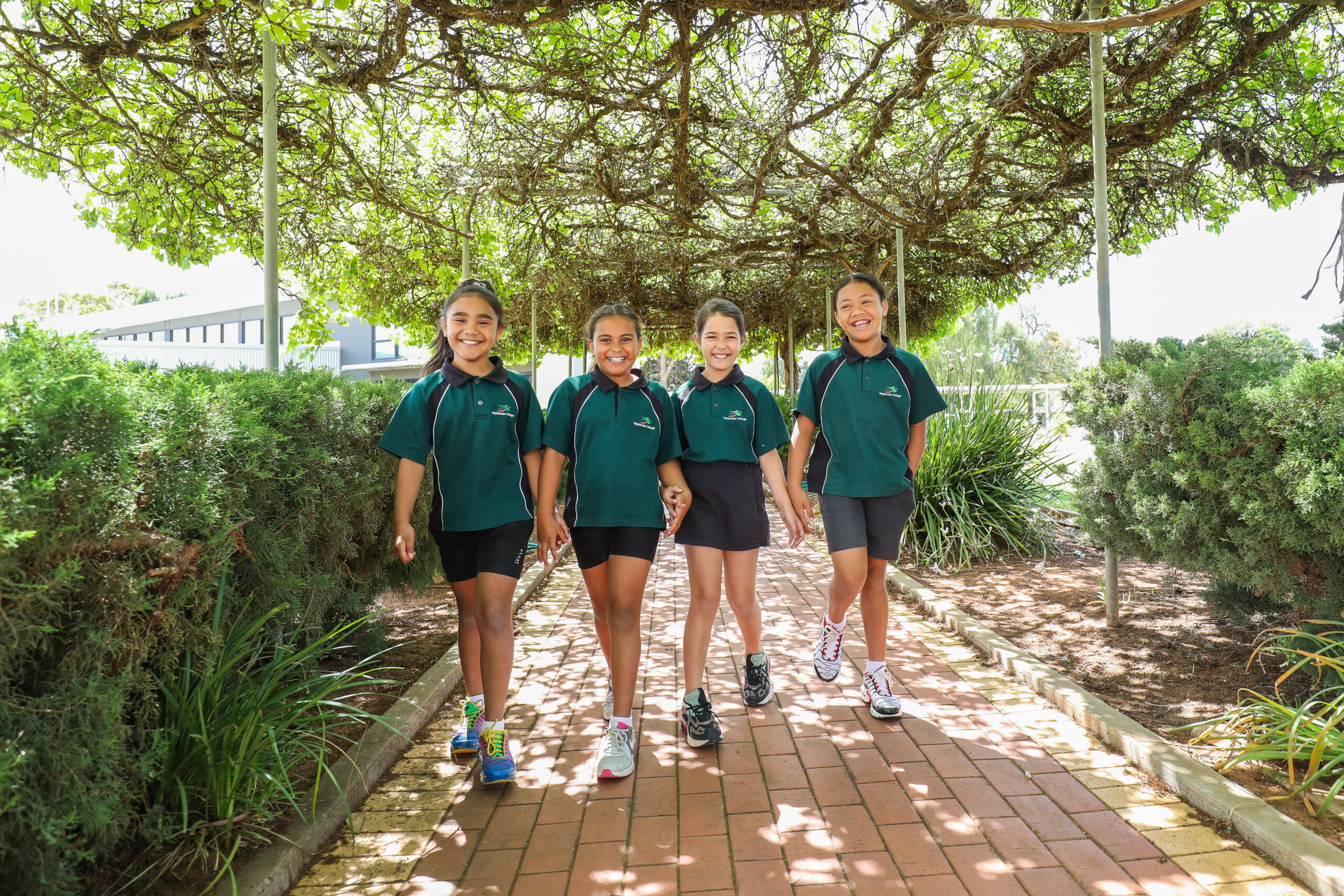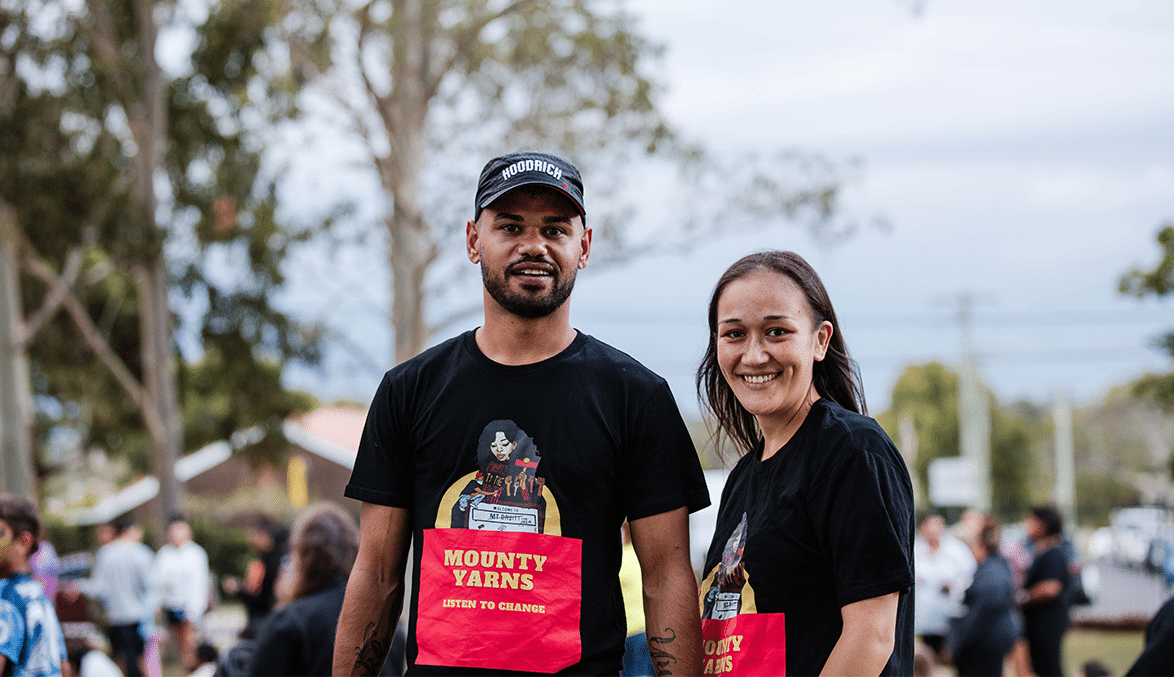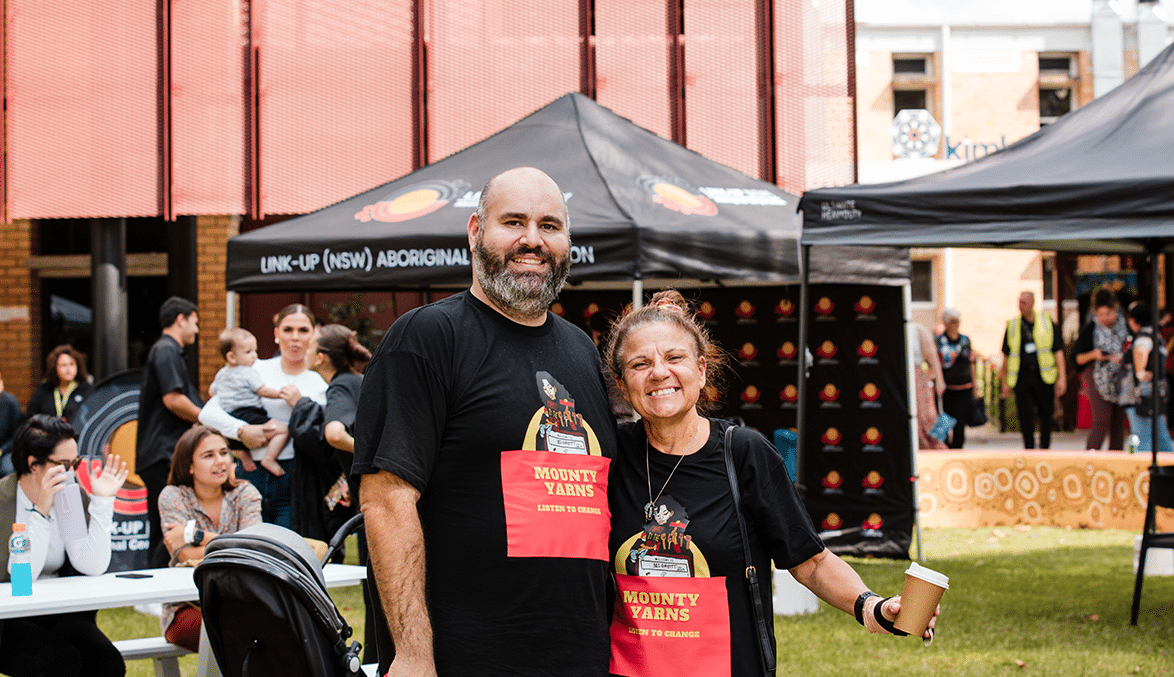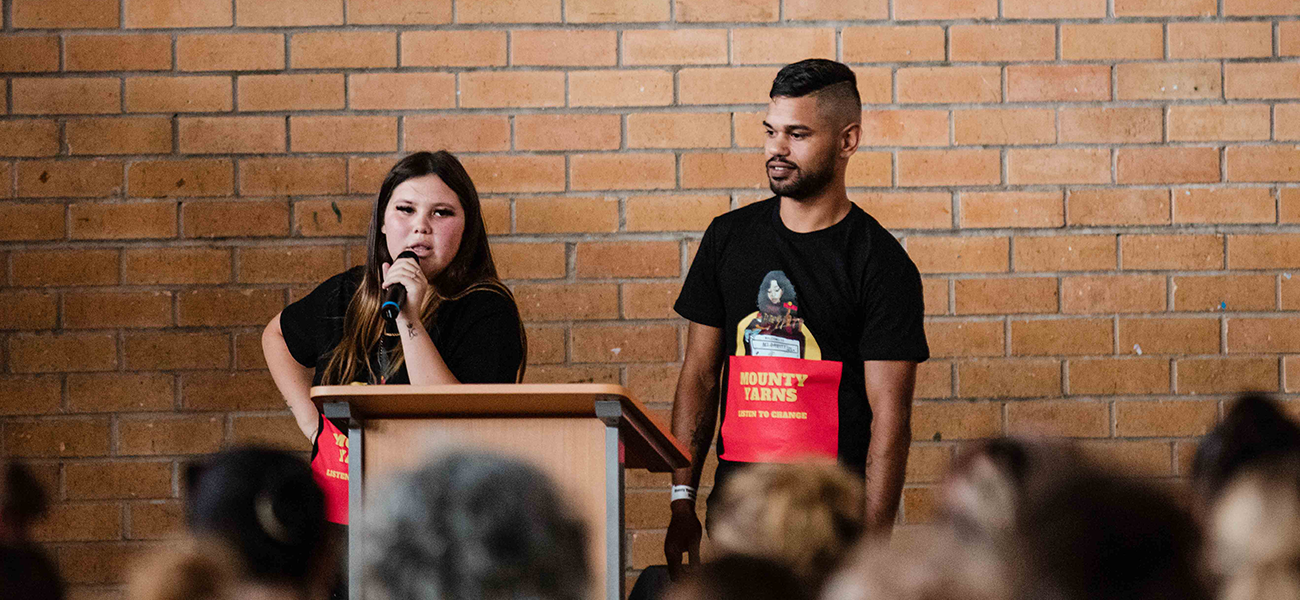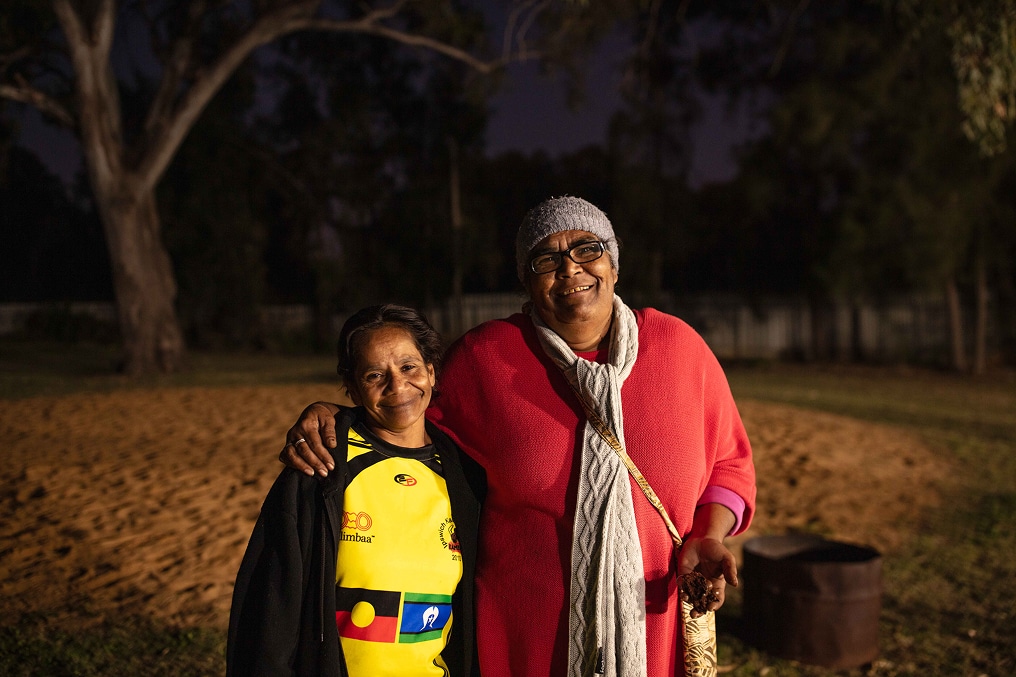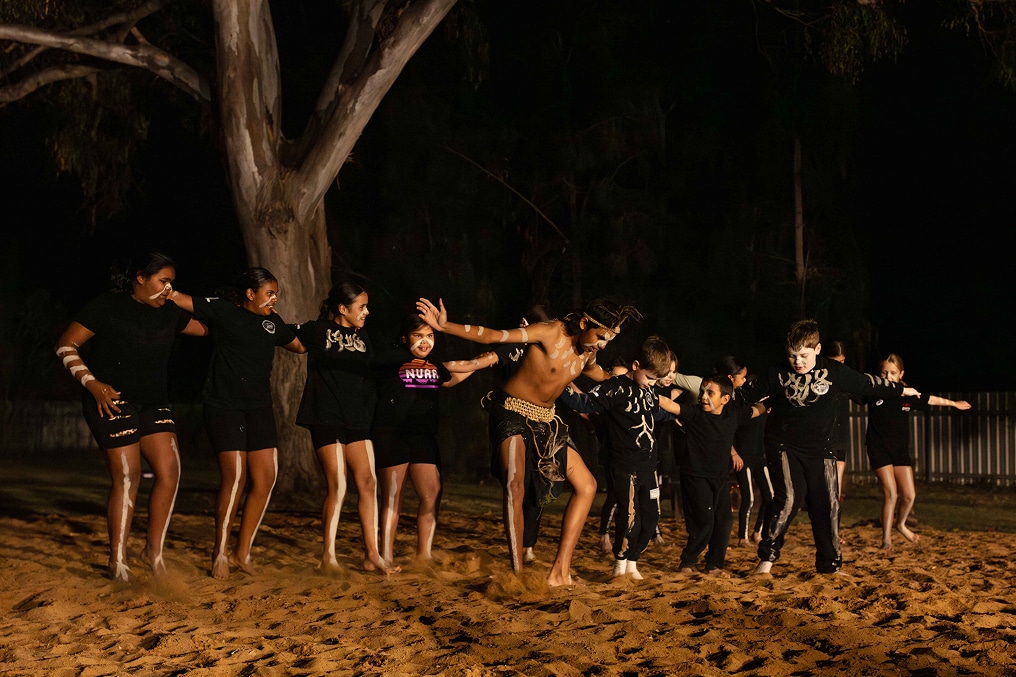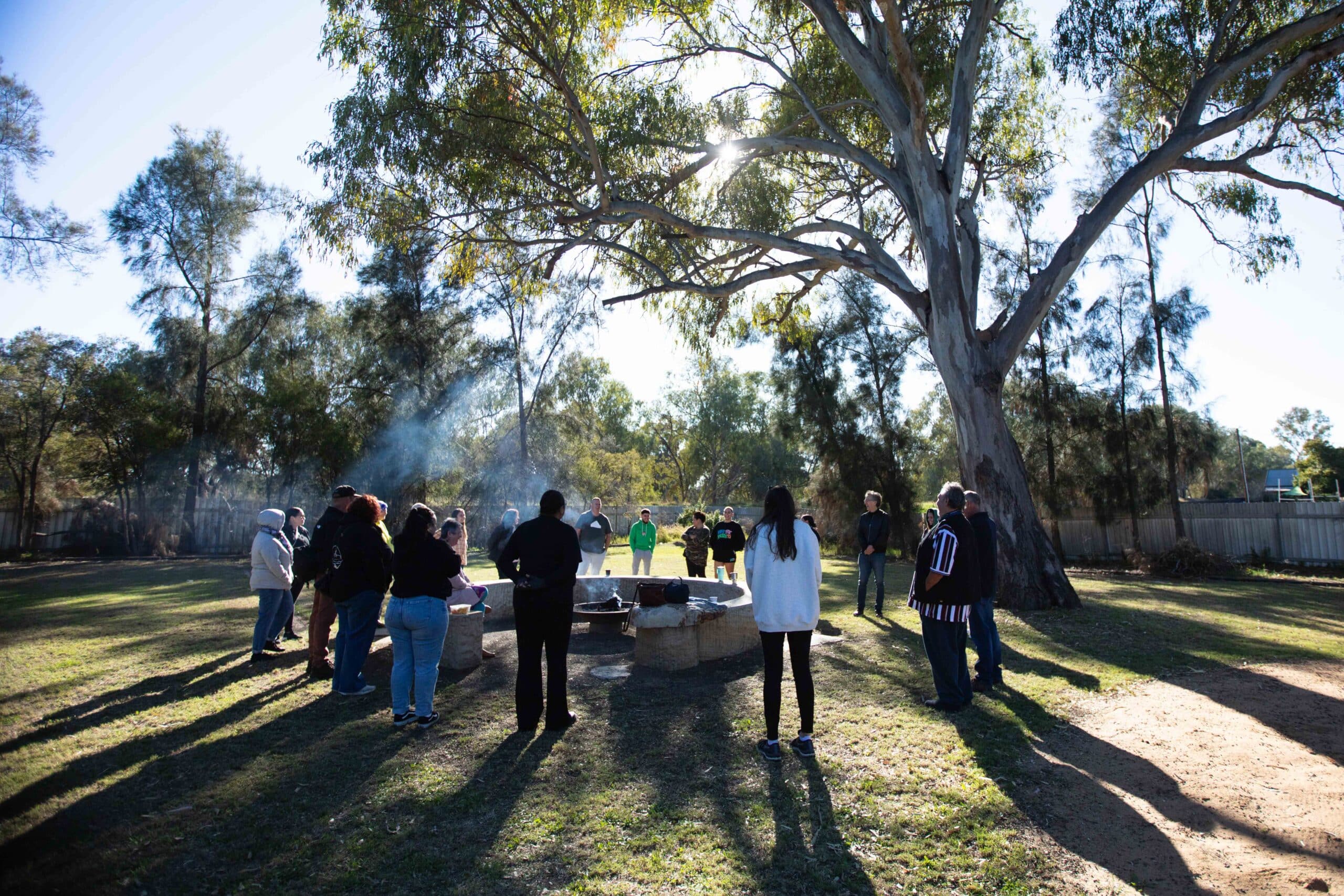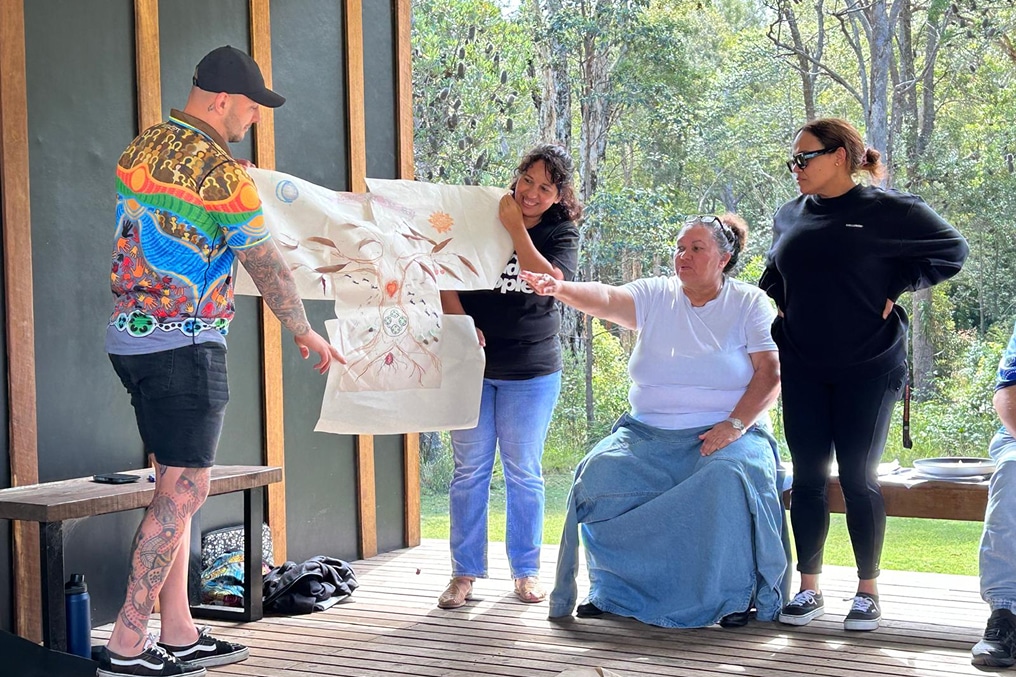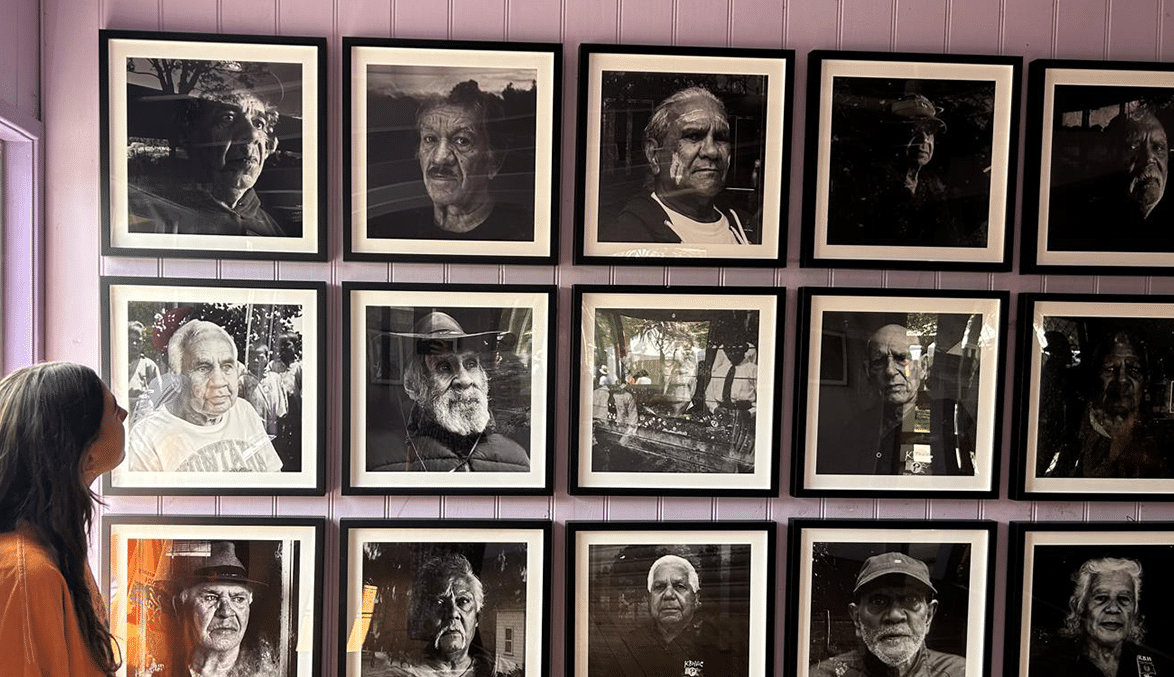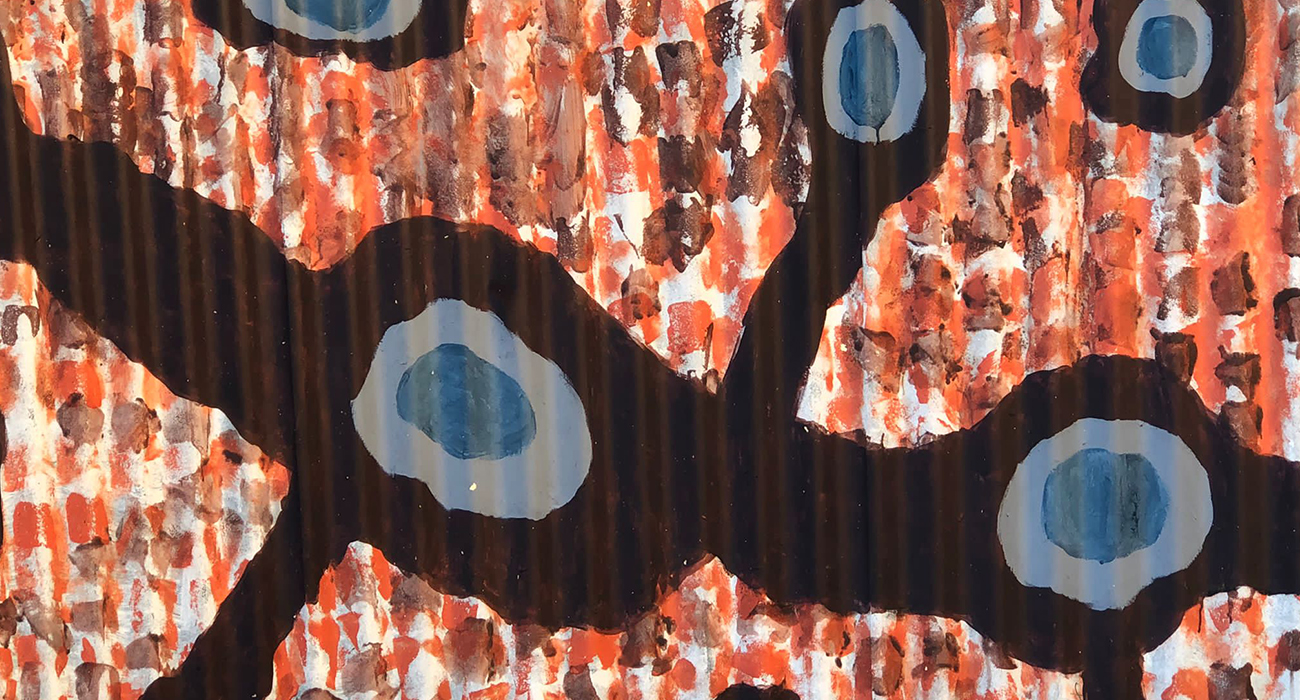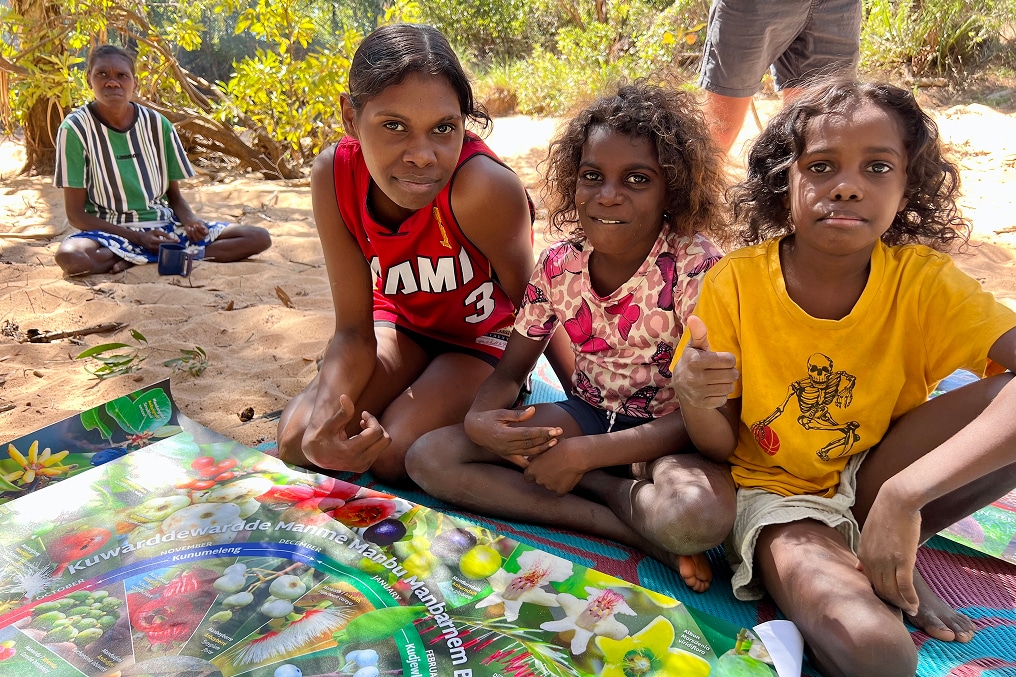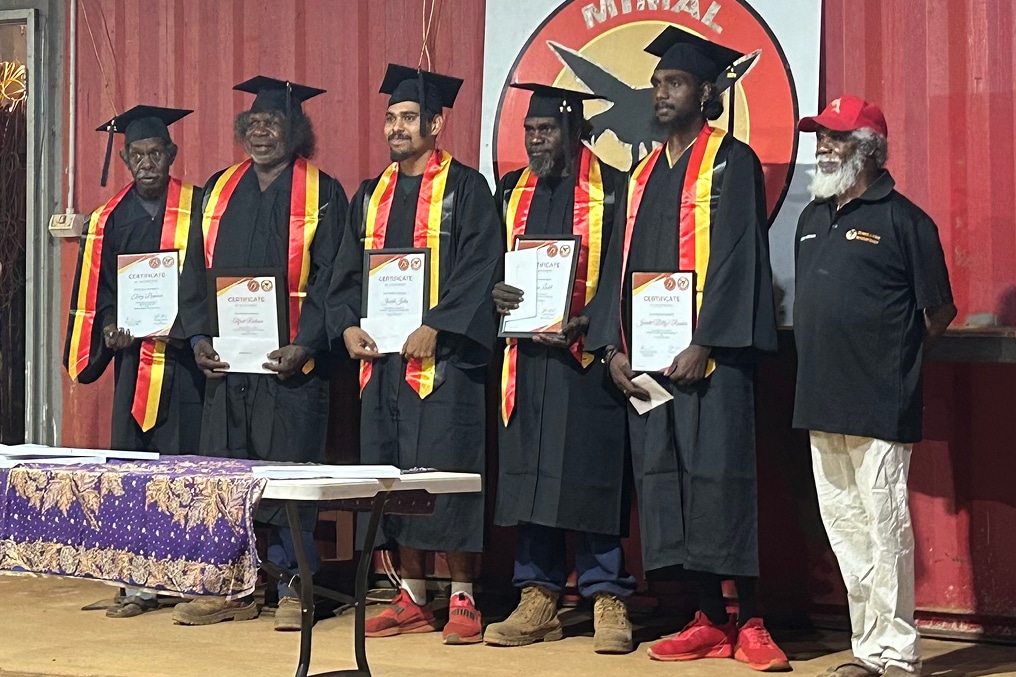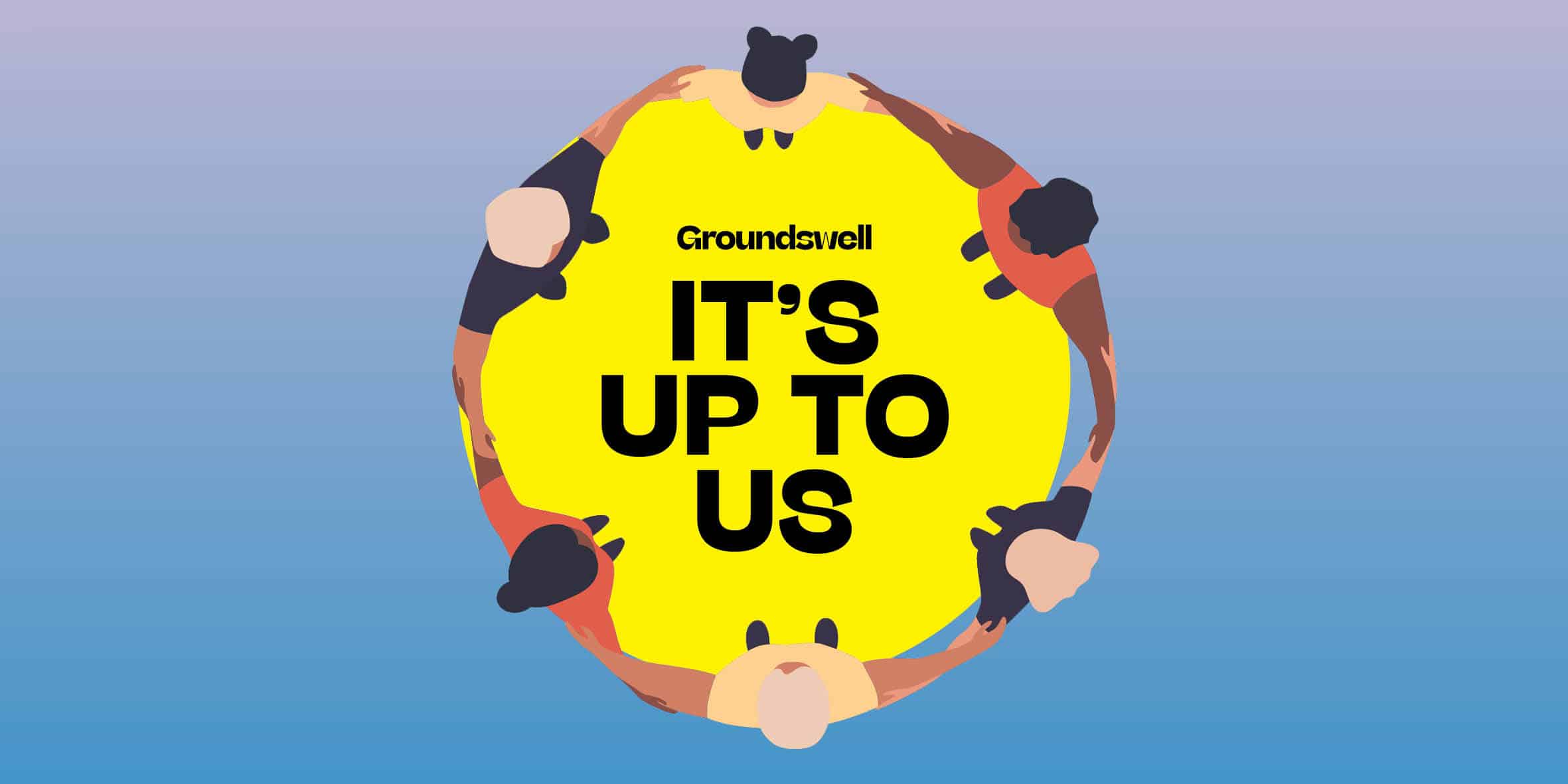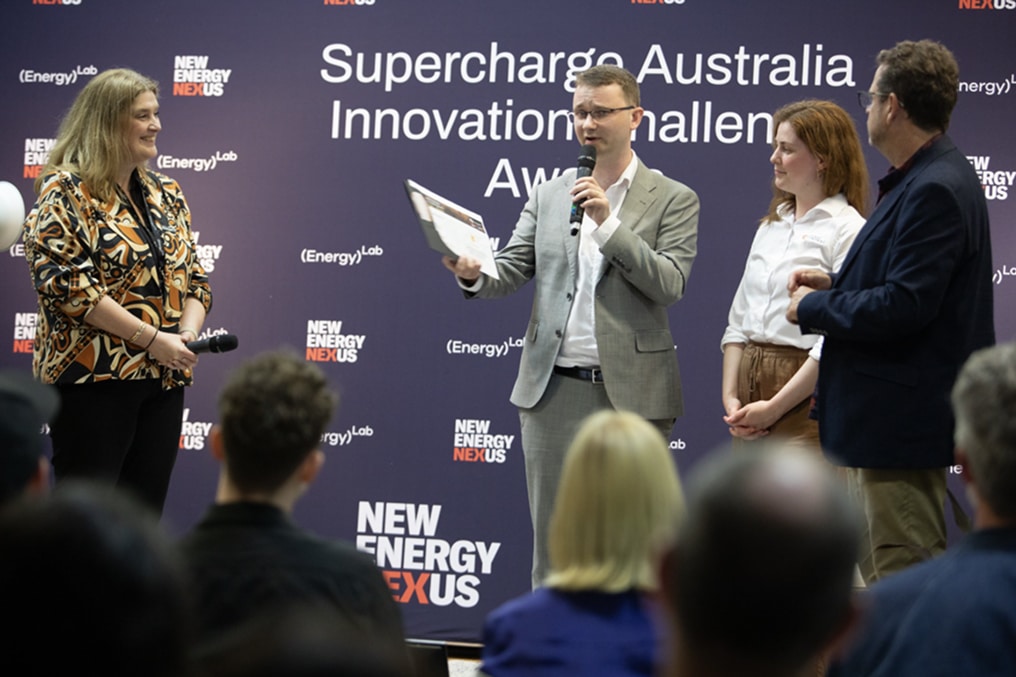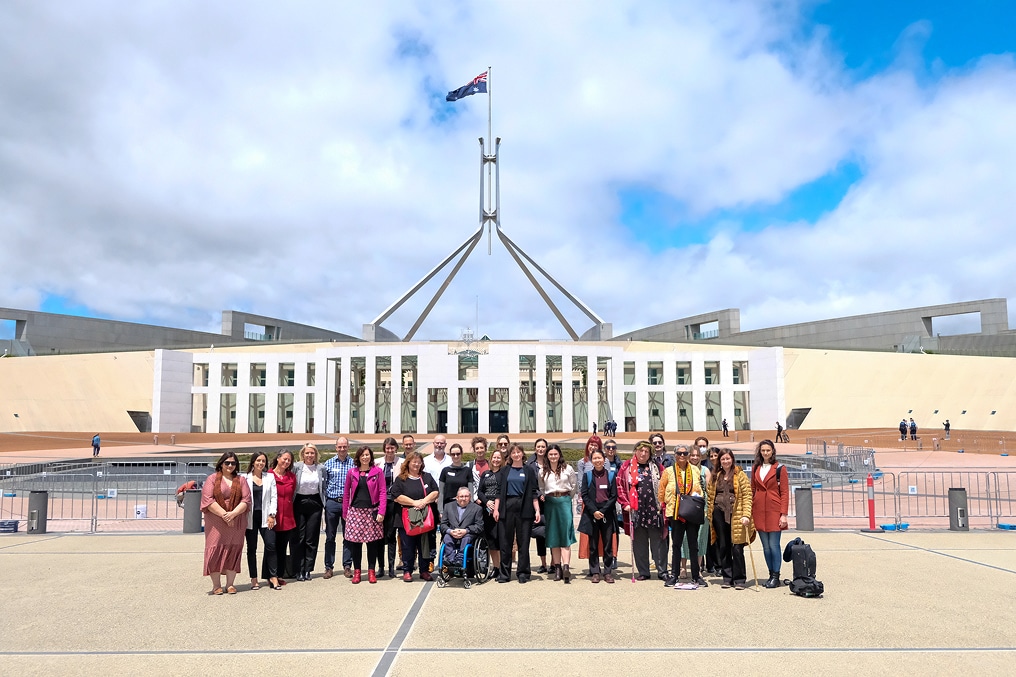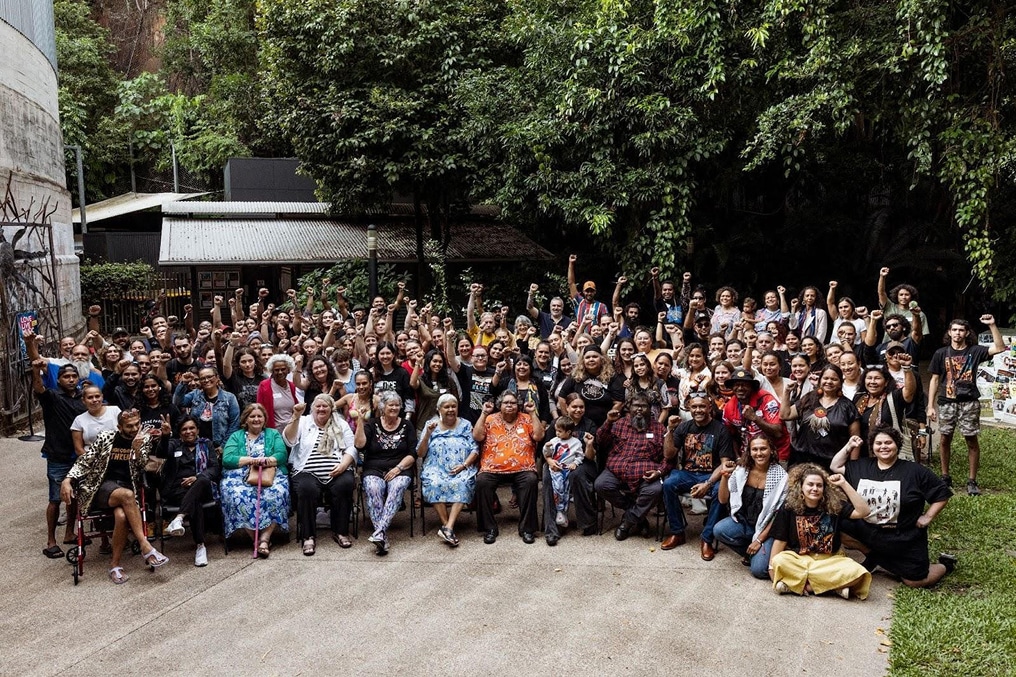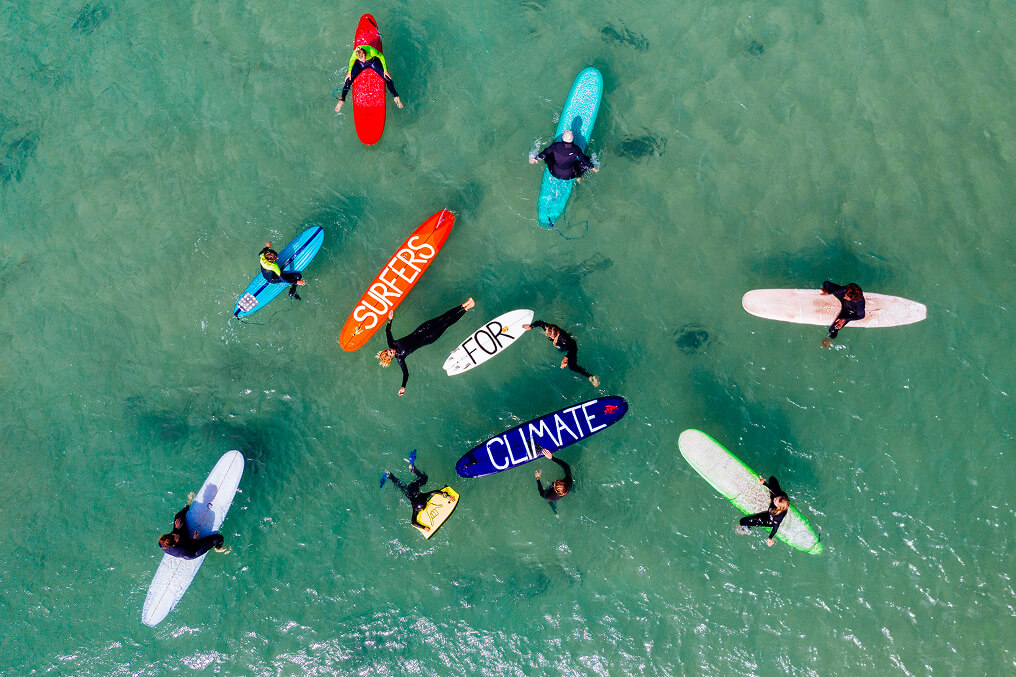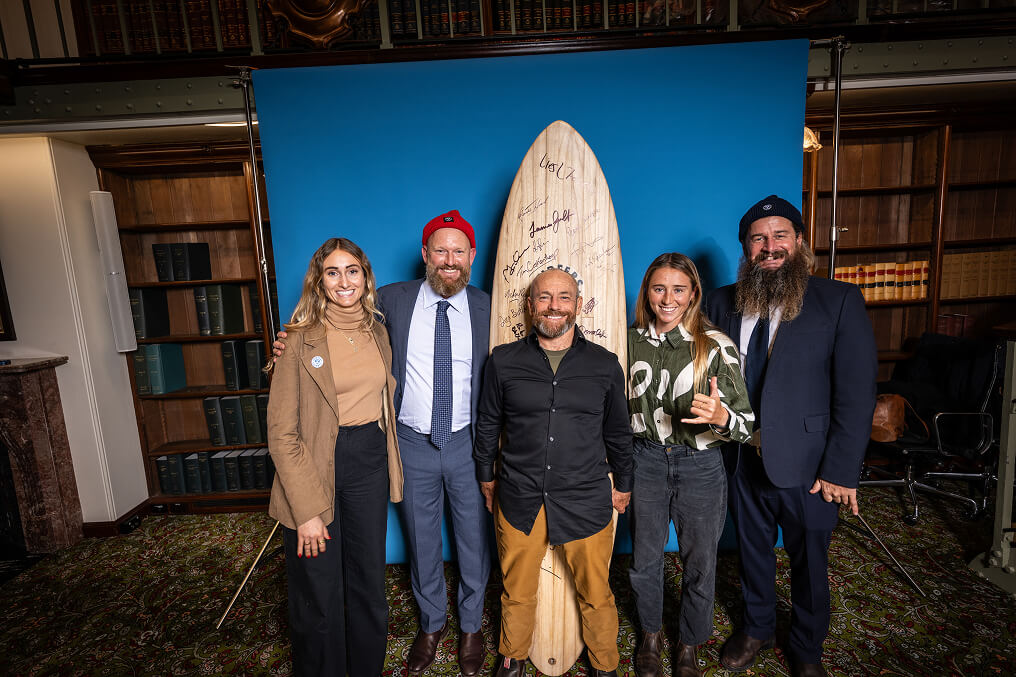Josh Kirkman, CEO and Caitlin Fine, Chief Operations Officer, from Surfers for Climate recently spoke to us about how they’re inspiring greater inclusivity in surf culture so that surfers can better lead climate action, and why being a part of the solution is a source of joy.
Both Josh, a professional bodyboarder, and Caitlin, whose parents are climate activist surfers, became aware of climate change and humanity’s role in it early in their lives.
“Surfers have been in the ocean, actually immersed in the water, every single day. And they’re seeing firsthand the effects of climate change, whether it’s coastal erosion or pollution or coral bleaching.”
Josh Kirkman
Caitlin was working hard to live a single-use plastic free life then had an ‘a ha’ moment on a trip to Indonesia when she was confronted with a resort worker emptying out the contents of a rubbish bag straight onto the beach. “That’s when I realised individual action isn’t enough.”
Surfers for Climate was co-founded by surfers Johnny Abegg and Belinda Baggs in 2019 inspired by the collective momentum of the famous Fight for the Bight campaign. At the time surfers were mostly concerned with keeping their oceans beautiful; “but at that point it was only really about localised kinds of beach cleanups, erosion issues, and in the case of the Fight for the Bight, oil spill risk. They weren’t really speaking to each other about climate change,” says Josh.
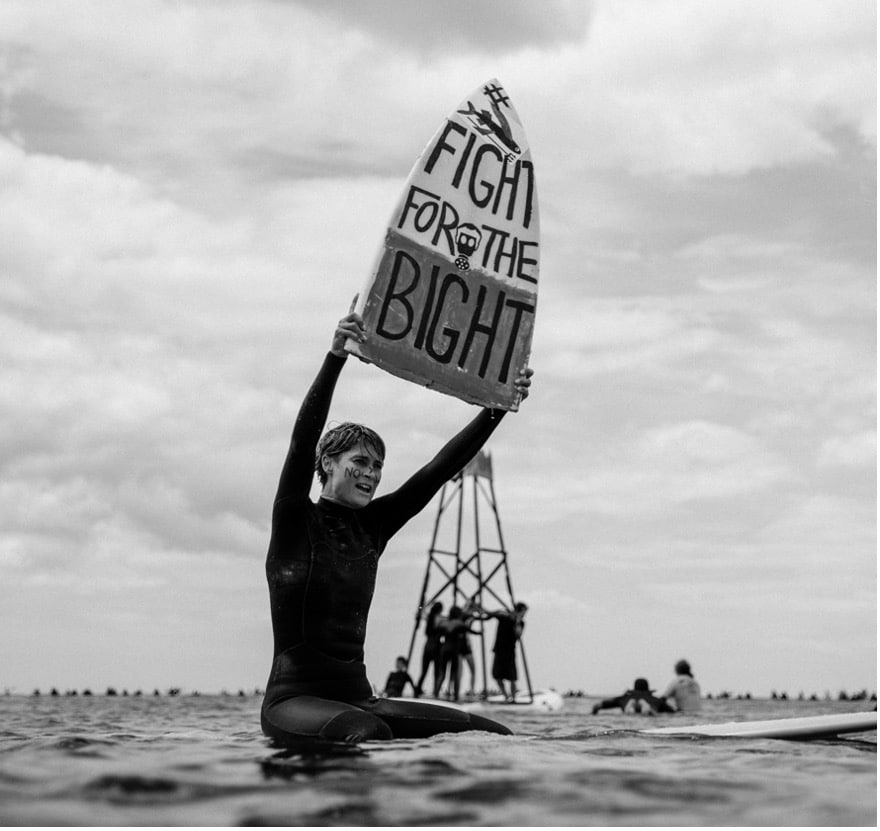
There was a big gap between how surfers thought about protecting the beauty of their oceans, and what was actually required to tackle the threats to its survival. As Josh says, “How do you get surfers to go from caring about the pollution risk of an oil spill to connecting the dots with climate change as this bigger issue that transcends an oil spill? It actually gets into burning fossil fuels and surfers being on the front lines of the impacts of global warming on our ocean. That’s why Surfers for Climate was created, because there were no real educational pathways for surfers to learn about climate change that existed.”
Surfers are a diverse group of people who come from different backgrounds and have different ways of engaging with the ocean. “Like, there is no one-size-fits-all for surfing”, explains Josh. That’s why Surfers for Climate work closely with Environmental Leadership Australia (ELA) an organisation that aims to directly impact legislation and win climate protections through bipartisan support. By building an inclusive surfing culture Surfers for Climate strives to harness the real political power that the surf community represents.
Since starting their work, Surfers for Climate have already enjoyed some big wins. This year, they were successful in lobbying the NSW Parliament to unanimously pass bipartisan amendments to legislation that will ban all offshore oil and gas in NSW waters for good. Caitlin and Josh see this as the first step in nation-wide climate action, and they’re ready to keep building the momentum for climate justice with their impactful and inclusive approach: “We get so much joy out of it.”
“Action is a wave, and everybody’s welcome to catch that wave with us. And the more people on that wave, the more action we can take and the bigger the outcomes will be. So, we like to call it the party wave of action.”
Josh Kirkman
Among their many projects, Surfers for Climate have recently launched new initiatives to engage younger people and more female surfers in the climate movement.
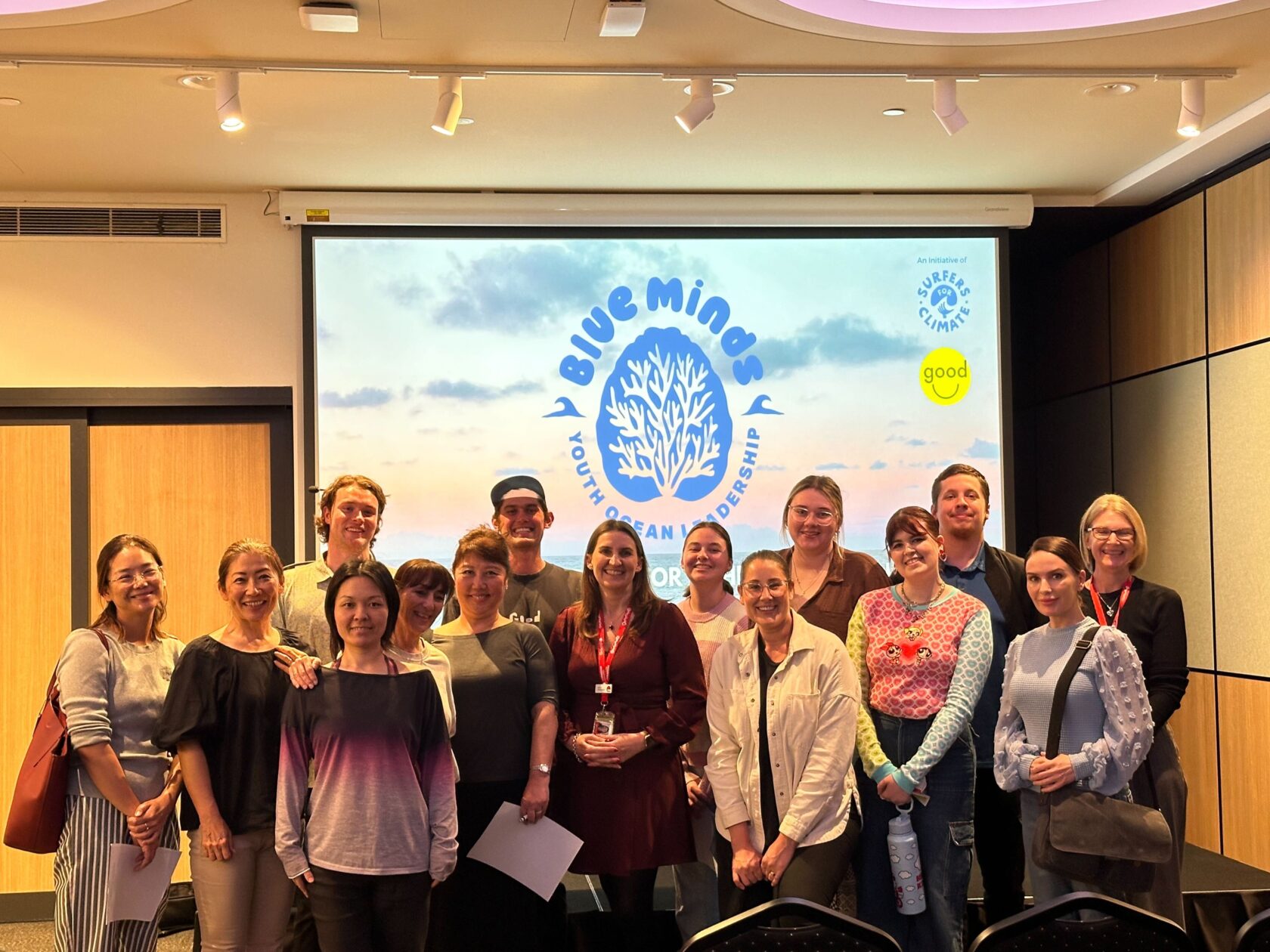
Blue Minds Youth Program, is a youth leadership program which focuses on helping young people unlock their potential to tackle the climate crisis. 67% of young people are experiencing climate anxiety, and Josh explains that climate anxiety can make young people feel paralysed and unable to engage with the enormity of climate change. Blue Minds offers high school and tertiary education workshops, leadership building, digital and physical resources and community events to engage the next generation of climate activists. Their goal with the program is to address eco-anxiety, removing the mental health barrier to action, and motivating Australian youth to mobilise like never before.
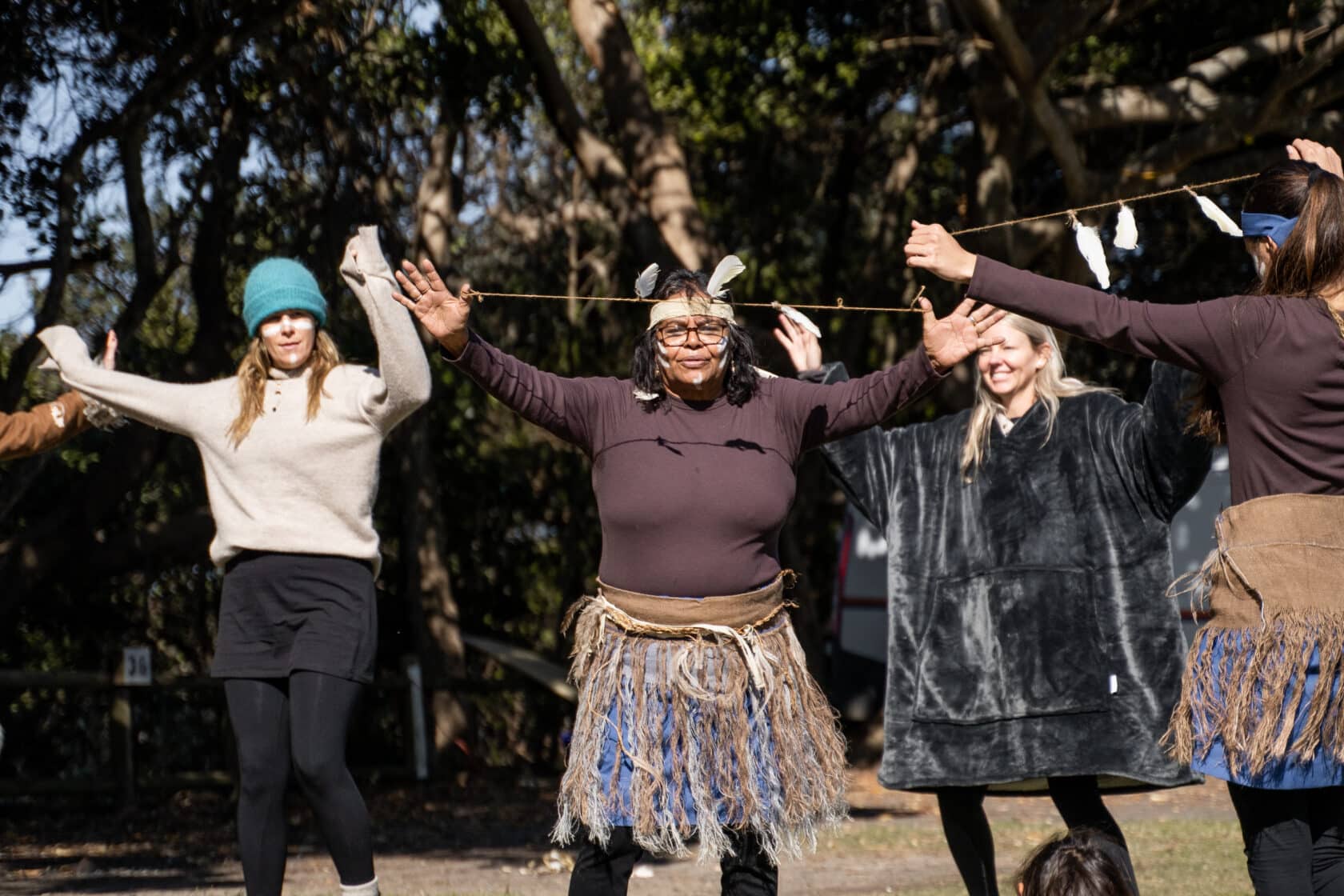
The first Water Women’s Campout took place in June to focus on the importance of women both in and out of the water. The Campout brought women together in nature for a weekend of camping which involved Indigenous culture and wisdom sharing, interactive workshops with regeneration experts, and communal activities through food, song, ceremony, and of course surfing. The engagement with local First Nations people was crucial to the aims of the campout and informed the group’s approach. Caitlin recalls: “One of the facilitators there, Nidala Barker, was doing a custodianship workshop and she really talked about being in relationship with place. When you’re in relationship with something, you don’t just take from it, you must give back. It’s reciprocal.”
Josh reflects on this reciprocal relationship with the coastline; “This is what we’re trying to instil in surfers. And First Nations people have been living that reciprocal arrangement for forever. These are the cultural interventions we’re trying to make because ultimately that’s the work that makes surfing useful to the broader causes that we’re trying to engage with.”
Caitlin and Josh see this more diverse community engagement and longer-term partnerships with organisations like Dusseldorp Forum as the key to creating substantive change in the fight for climate justice; through decisive policy action, an end to damaging developments, and implementation of climate solutions.
